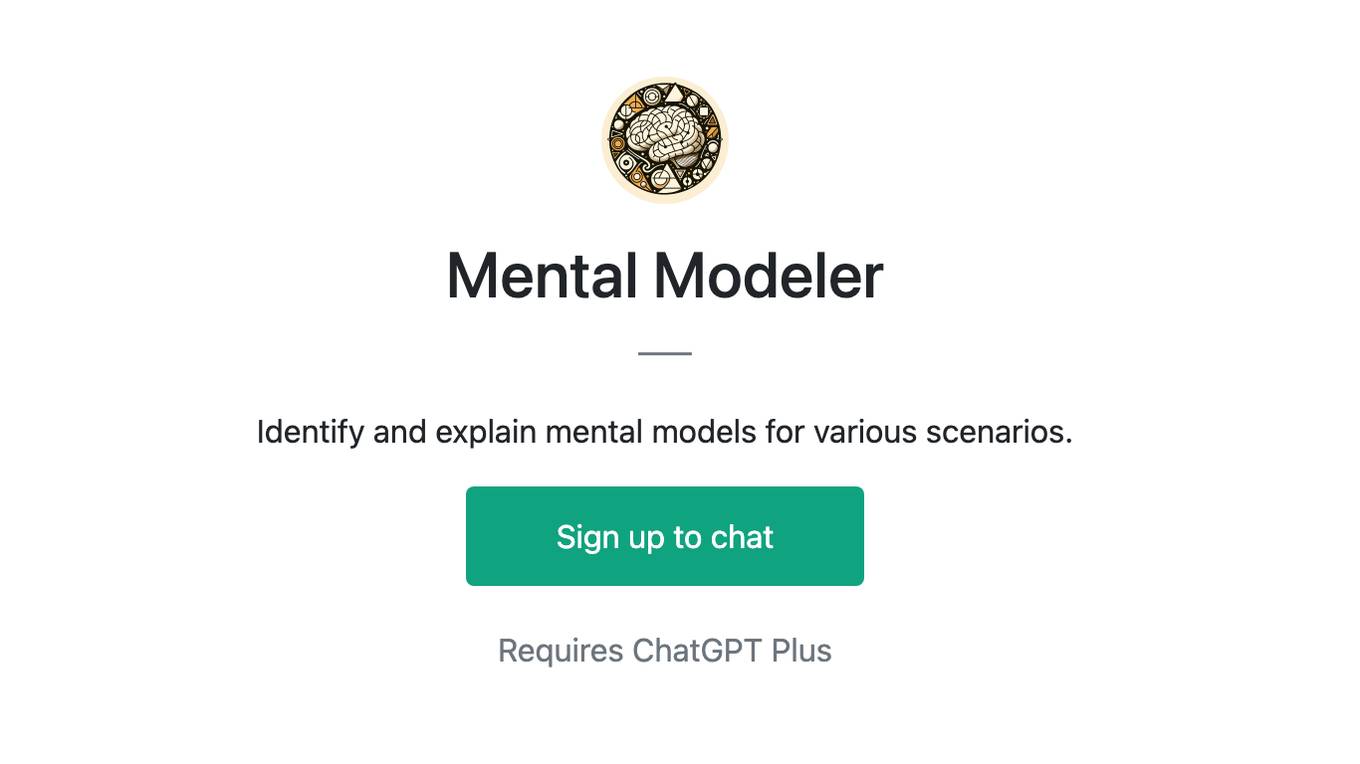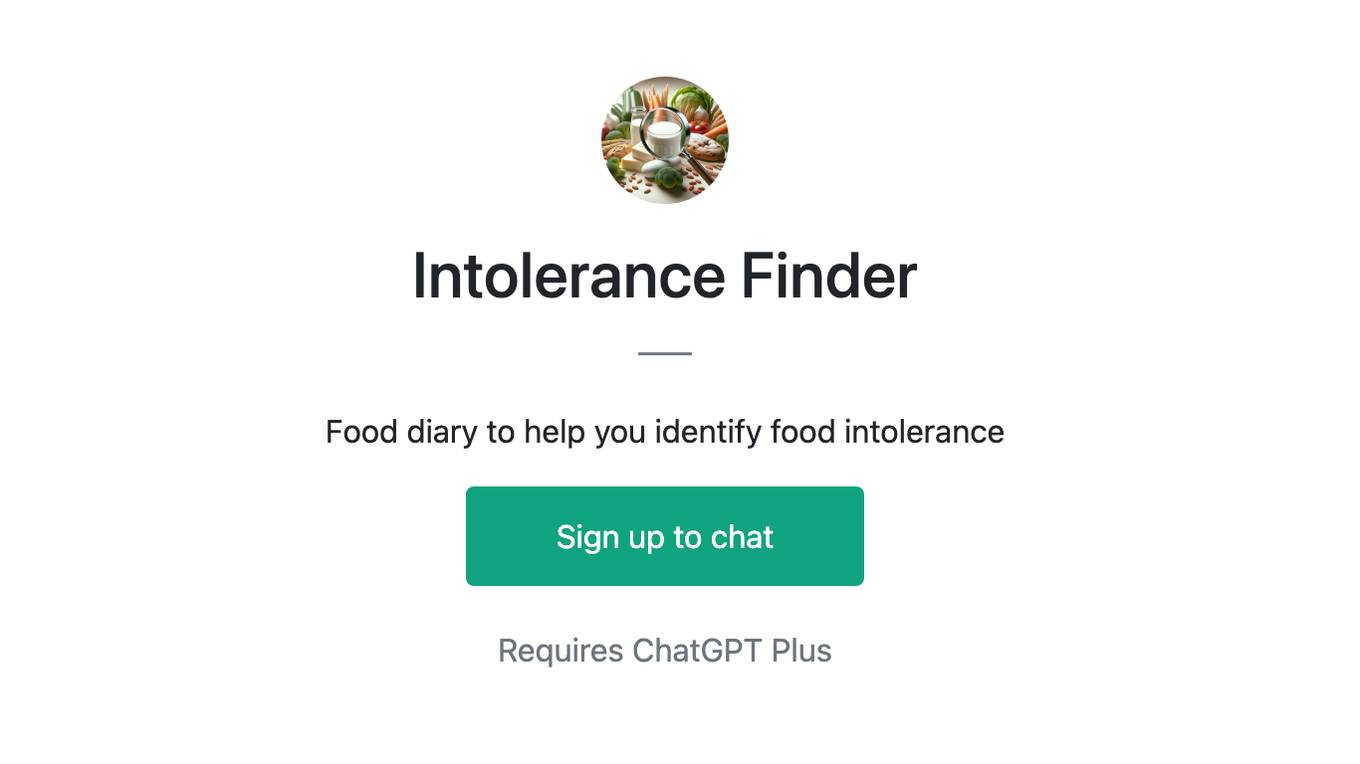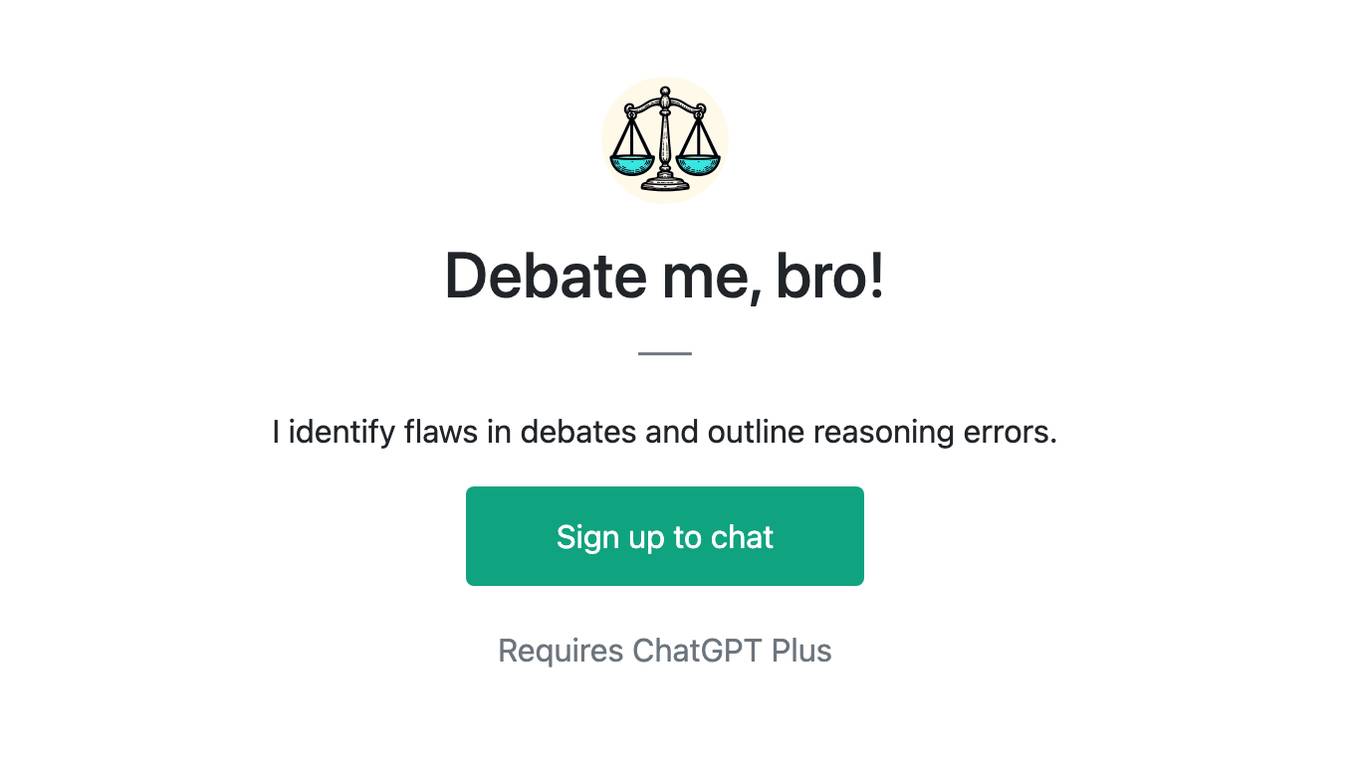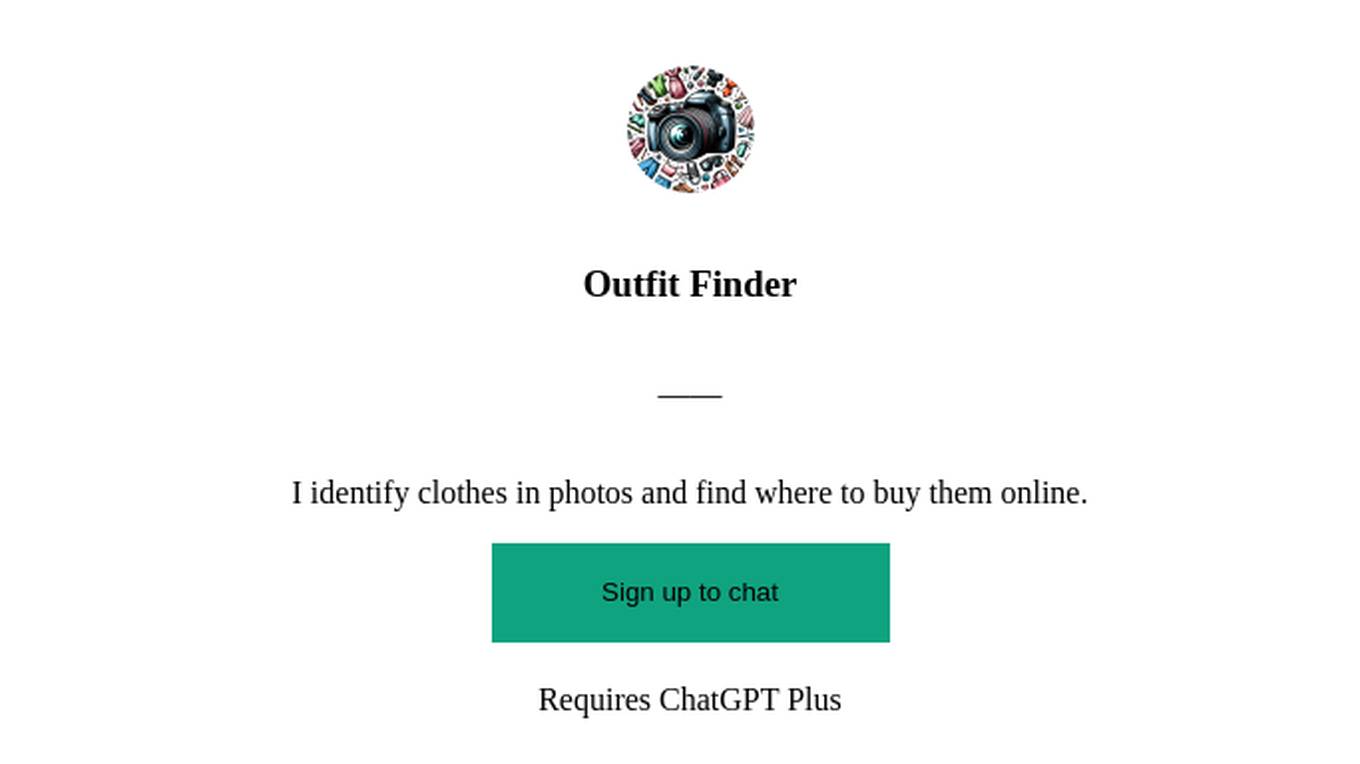Best AI tools for< Identify Biomarkers >
20 - AI tool Sites
Beacon Biosignals
Beacon Biosignals provides an EEG neurobiomarker platform that is designed to accelerate clinical trials and enable new treatments for patients with neurological and psychiatric diseases. Their platform is powered by machine learning and a world-class clinico-EEG database, which allows them to analyze existing EEG data for insights into mechanisms, PK/PD, and patient stratification. This information can be used to guide further development efforts, optimize clinical trials, and enhance understanding of treatment efficacy.
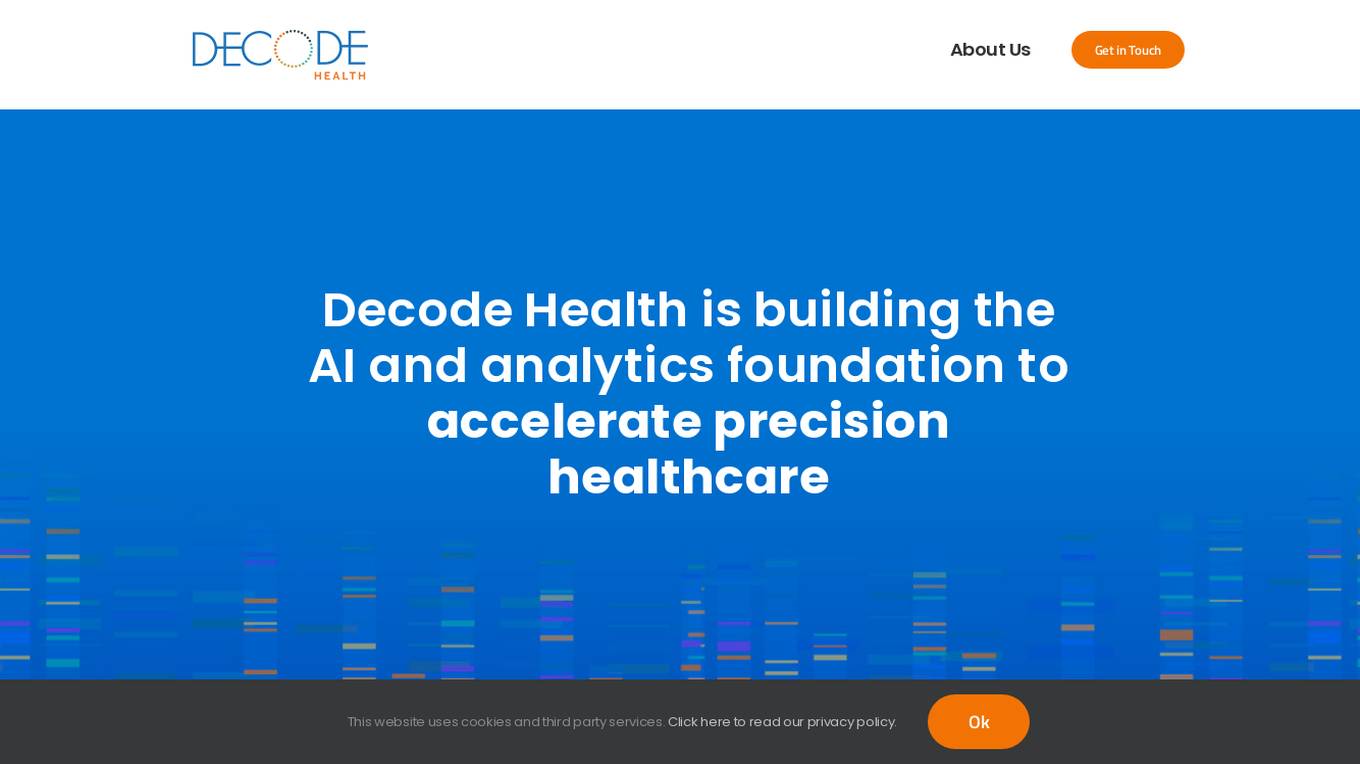
Decode Health
Decode Health is an AI and analytics platform that accelerates precision healthcare by supporting healthcare teams in launching machine learning and advanced analytics projects. The platform collaborates with pharmaceutical companies to enhance patient selection, biomarker identification, diagnostics development, data asset creation, and analysis. Decode Health offers modules for biomarker discovery, patient recruitment, next-generation sequencing, data analysis, and clinical decision support. The platform aims to provide fast, accurate, and actionable insights for acute and chronic disease management. Decode Health's custom-built modules are designed to work together to solve complex data problems efficiently.
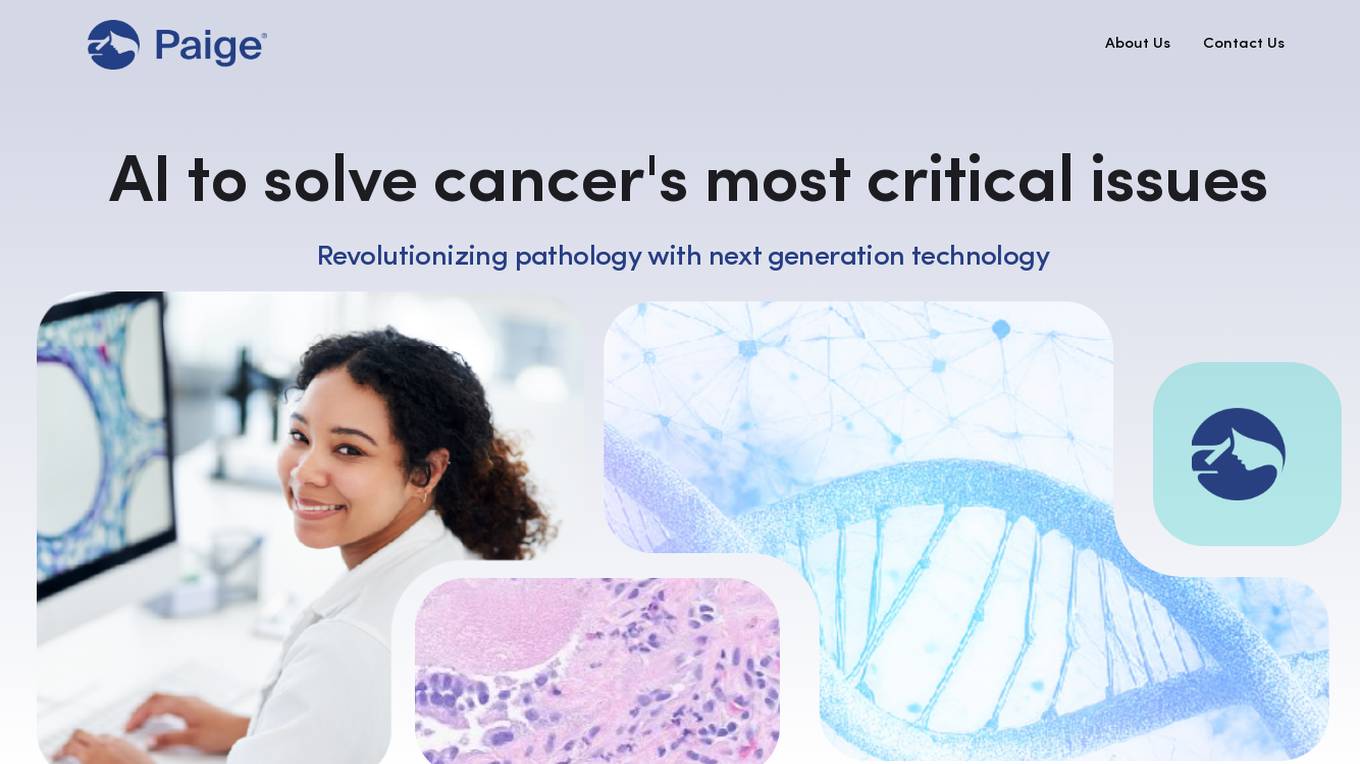
Paige AI
Paige is a leading AI company revolutionizing pathology with next-generation technology. They provide diagnostic and biomarker AI, predictive analytics technology, and AI-assisted applications to support cancer detection, subtyping, and molecular biomarker discovery from tissue samples. Paige offers a range of AI suites for prostate, breast, colon, and PanCancer, as well as the innovative Paige Alba™ multi-modal co-pilot. Their advanced AI technology and services help streamline AI development, optimize existing applications, and drive groundbreaking advancements in cancer care.

CBIIT
The National Cancer Institute's Center for Biomedical Informatics and Information Technology (CBIIT) provides a comprehensive suite of tools, resources, and training to support cancer data science research. These resources include data repositories, analytical tools, data standards, and training materials. CBIIT also develops and maintains the NCI Thesaurus, a comprehensive vocabulary of cancer-related terms, and the Cancer Data Standards Registry and Repository (caDSR), a repository of cancer data standards. CBIIT's mission is to accelerate the pace of cancer research by providing researchers with the tools and resources they need to access, analyze, and share cancer data.

Font Finder
Font Finder by What Font Is is an AI-powered tool that allows users to identify any font from any image, whether commercial or free. Users can upload an image, and the AI-powered font finder will match it with over 990K+ fonts, including both commercial and free options. The tool then displays more than 60 similar fonts for users to explore and use. Font Finder aims to provide users with a seamless experience in identifying and choosing fonts for various design projects.

Pl@ntNet
Pl@ntNet is a citizen science project available as an application that helps you identify plants from your photos. It is a collaborative project that brings together scientists, naturalists, and citizens from all over the world to collect and share data on plant diversity. The app uses artificial intelligence to identify plants from photos, and the data collected is used to create a global database of plant diversity. Pl@ntNet is free to use and is available in over 20 languages.
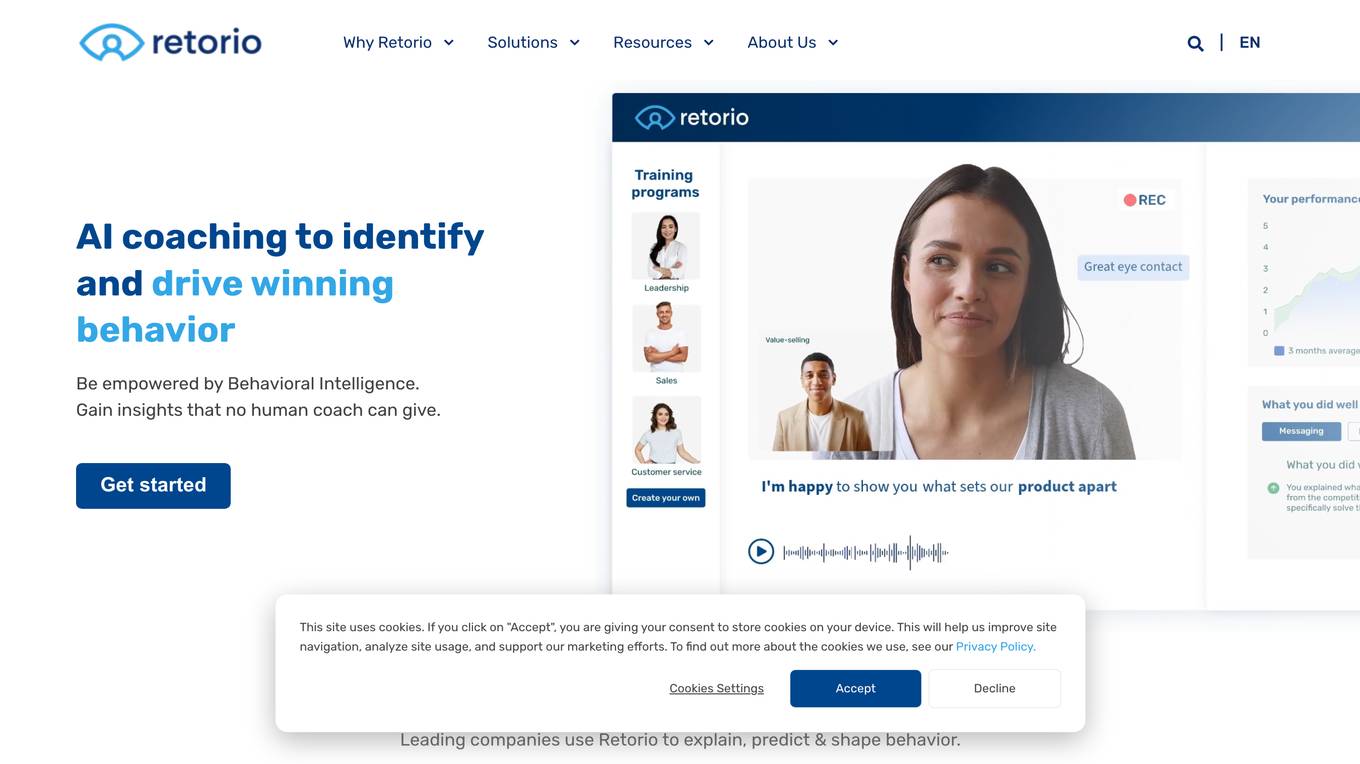
Retorio
Retorio is a cutting-edge Behavioral Intelligence (BI) Platform that fuses machine learning with scientific findings from psychology and organizational research to ultimately take learning and development to a new level within organizations. At the core of Retorio’s capabilities are its AI-powered immersive video simulations. Through these engaging role-plays, learners using Retorio get to train and develop the necessary skills through realistic scenarios. Furthermore, the personalized, on-demand feedback learners receive allows for immediate behavior change and performance improvement. Retorio’s training platform transcends the limitation of scalability and redefines how individuals and teams train and develop, bringing talent development to a new dimension.
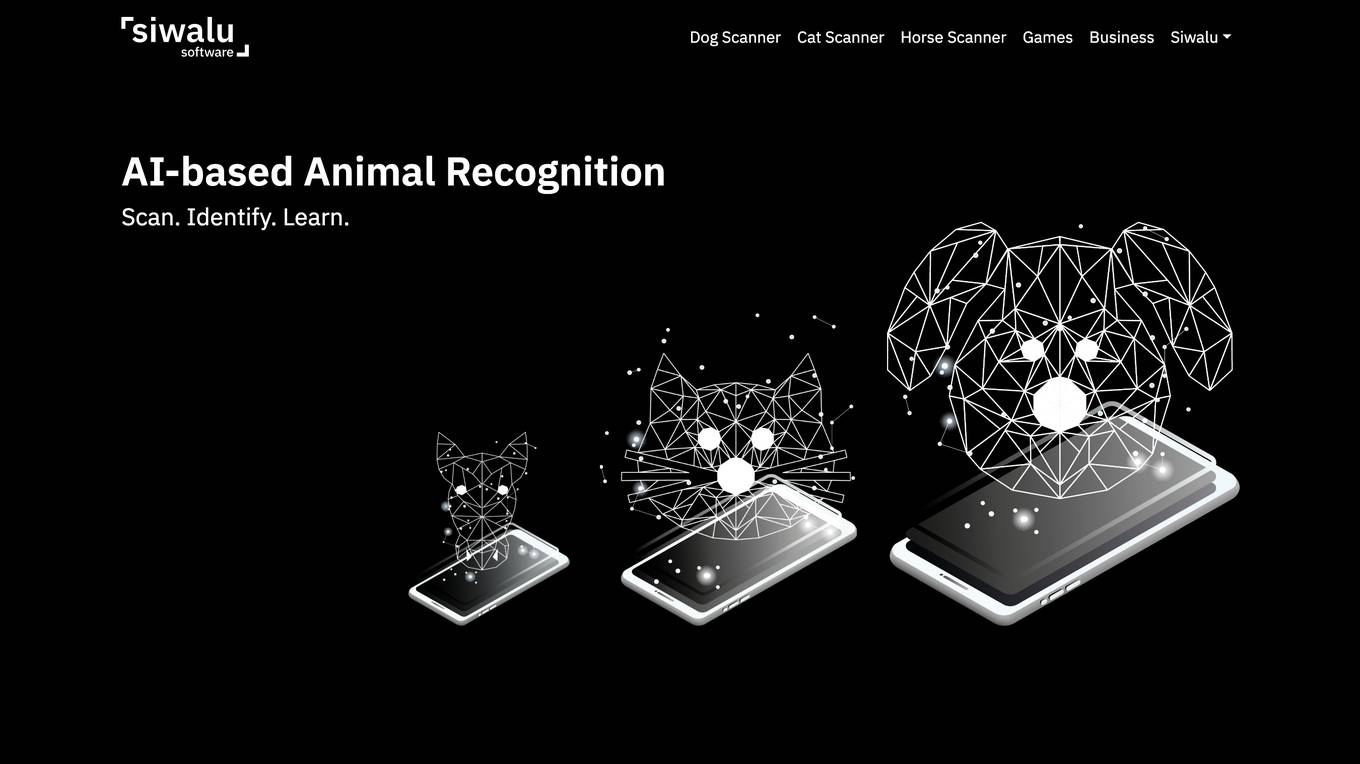
Siwalu
Siwalu is an AI-based image recognition application that specializes in identifying animals. The app helps pet owners learn more about their pets by providing specific information about their breed and characteristics. It offers a quick and reliable way to determine the breed of dogs, cats, and horses, including mixed breeds, without the need for costly DNA analysis. Siwalu aims to increase knowledge about global biodiversity by developing a universal animal recognition system.
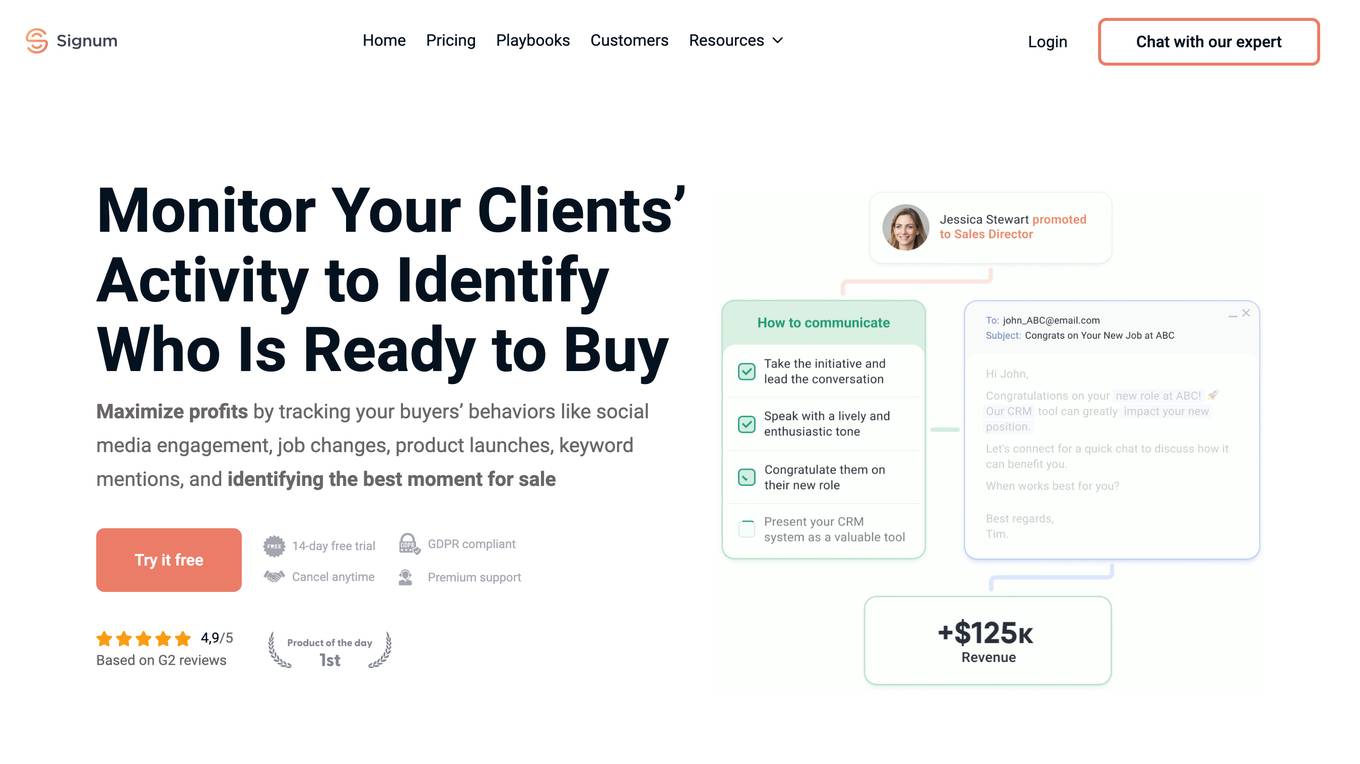
Signum.AI
Signum.AI is a sales intelligence platform that uses artificial intelligence (AI) to help businesses identify customers who are ready to buy. The platform tracks key customer behaviors, such as social media engagement, job changes, product launches, and keyword mentions, to identify the best time to reach out to them. Signum.AI also provides personalized recommendations on how to approach each customer, based on their individual needs and interests.
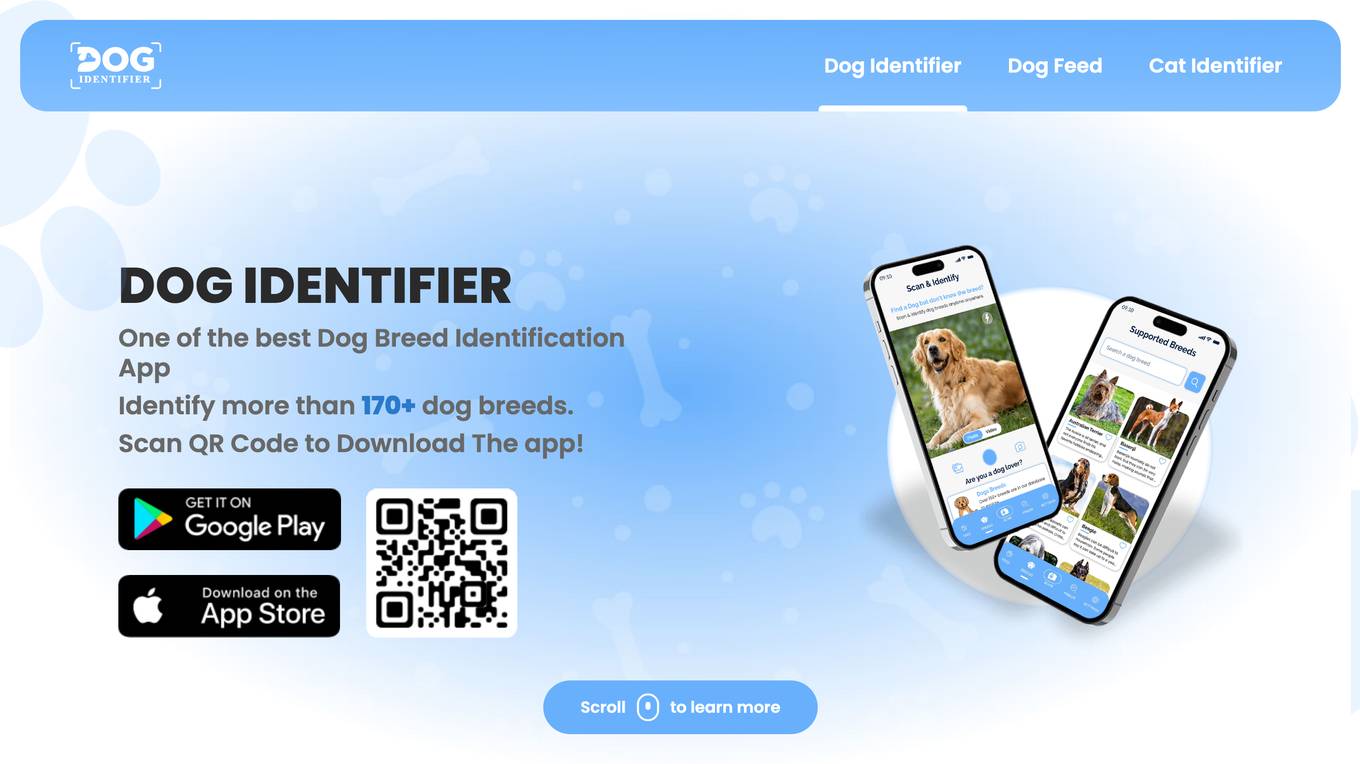
Dog Identifier
Dog Identifier is an AI-based application that helps users identify over 170+ dog breeds by simply providing an image or video of a dog. The app predicts the breed of the dog and provides detailed information about characteristics, temperament, and history of the breed. Users can also search for their ideal furry companion by answering a few lifestyle-related questions. Additionally, the app features a comprehensive database of dog breeds, daily fun facts, and a new Dog Mood Detection feature that analyzes a dog's facial expressions and body language to suggest their mood.

Cat Identifier
The Cat Identifier app is an AI tool designed to help users identify the breed of a cat by simply taking a photo or selecting one from the gallery. The app uses advanced image recognition technology to analyze the cat's features and provide accurate breed information. With a user-friendly interface, Cat Identifier makes it easy for cat lovers to learn more about their feline friends.
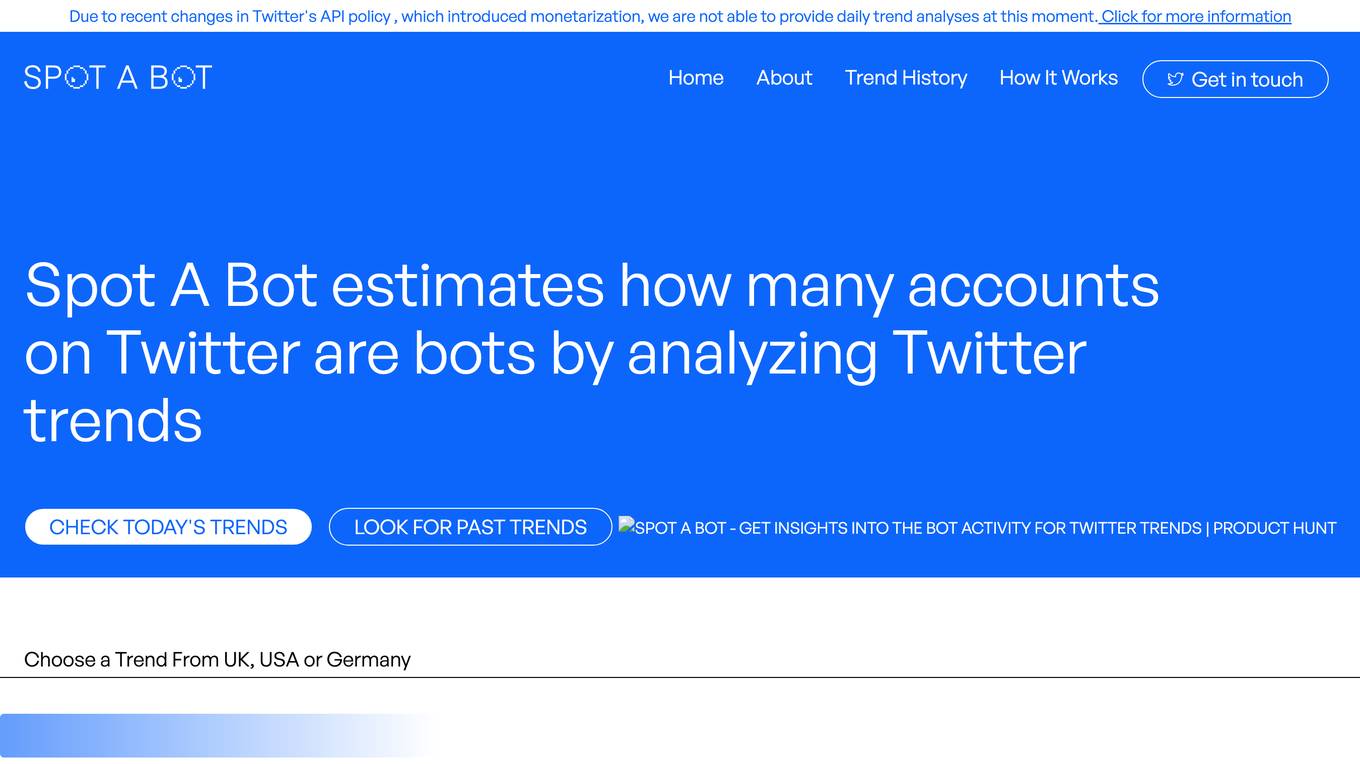
Spot A Bot
Spot A Bot is an AI tool that estimates the number of bot accounts on Twitter by analyzing Twitter trends. It provides insights into the prevalence of bot activity on the platform, helping users identify potentially automated accounts. The tool analyzes current and past trends from different regions like the UK, USA, and Germany to calculate the percentage of bot accounts. With a model accuracy of 11%, Spot A Bot has analyzed over 3,872 total accounts and 158,558 tweets. Users can stay informed about bot activity and trends on Twitter through this application.
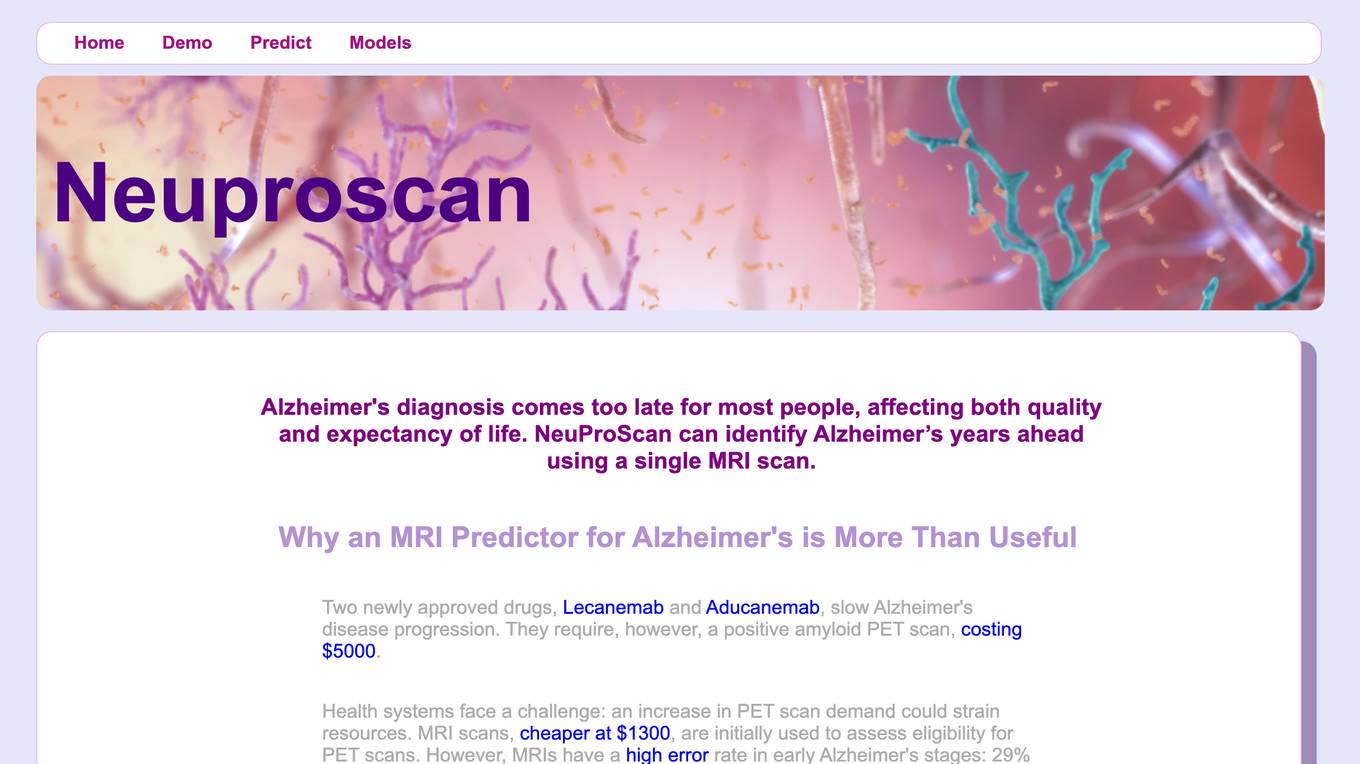
NeuProScan
NeuProScan is an AI platform designed for the early detection of pre-clinical Alzheimer's from MRI scans. It utilizes AI technology to predict the likelihood of developing Alzheimer's years in advance, helping doctors improve diagnosis accuracy and optimize the use of costly PET scans. The platform is fully customizable, user-friendly, and can be run on devices or in the cloud. NeuProScan aims to provide patients and healthcare systems with valuable insights for better planning and decision-making.
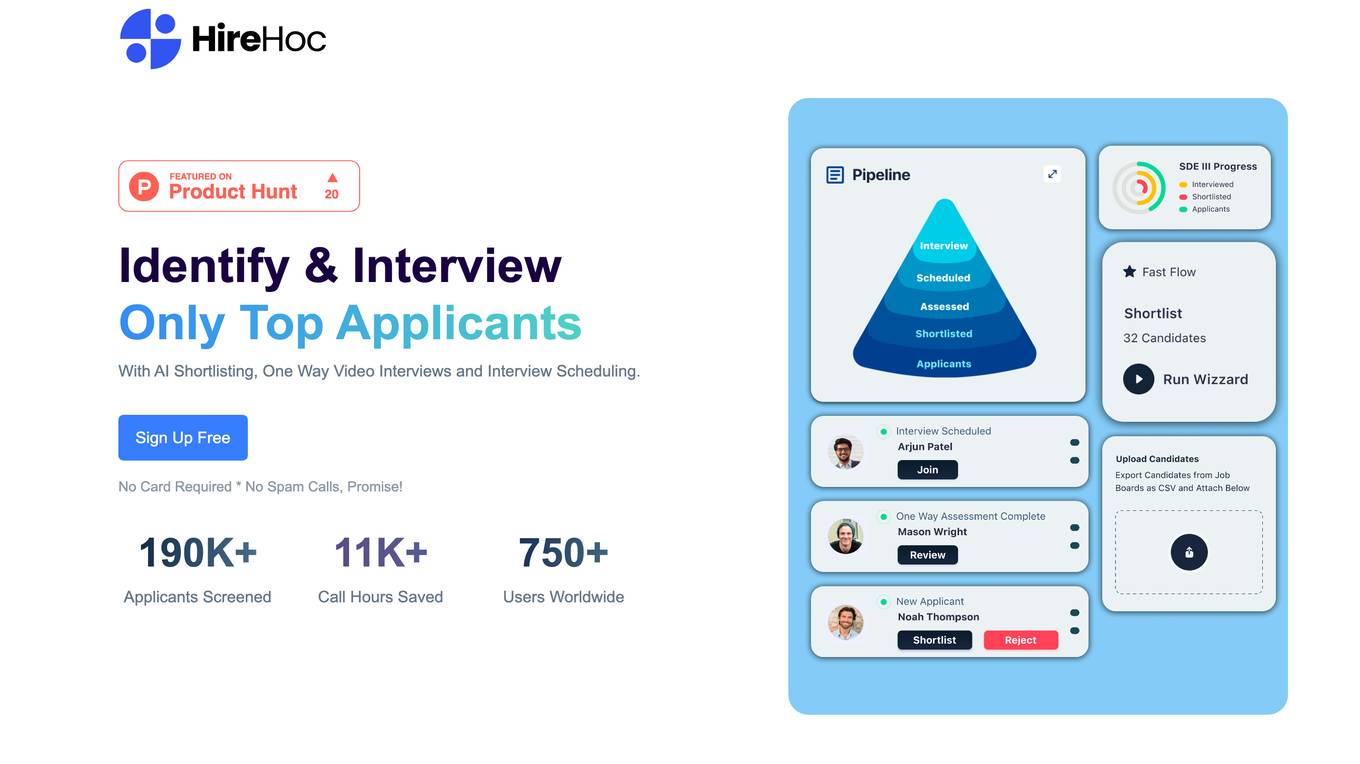
Hire Hoc
Hire Hoc is an AI-powered hiring tool that helps businesses identify and interview only the top applicants. With features like AI shortlisting, one-way video interviews, and interview scheduling, Hire Hoc can help you streamline your hiring process and make better hiring decisions.
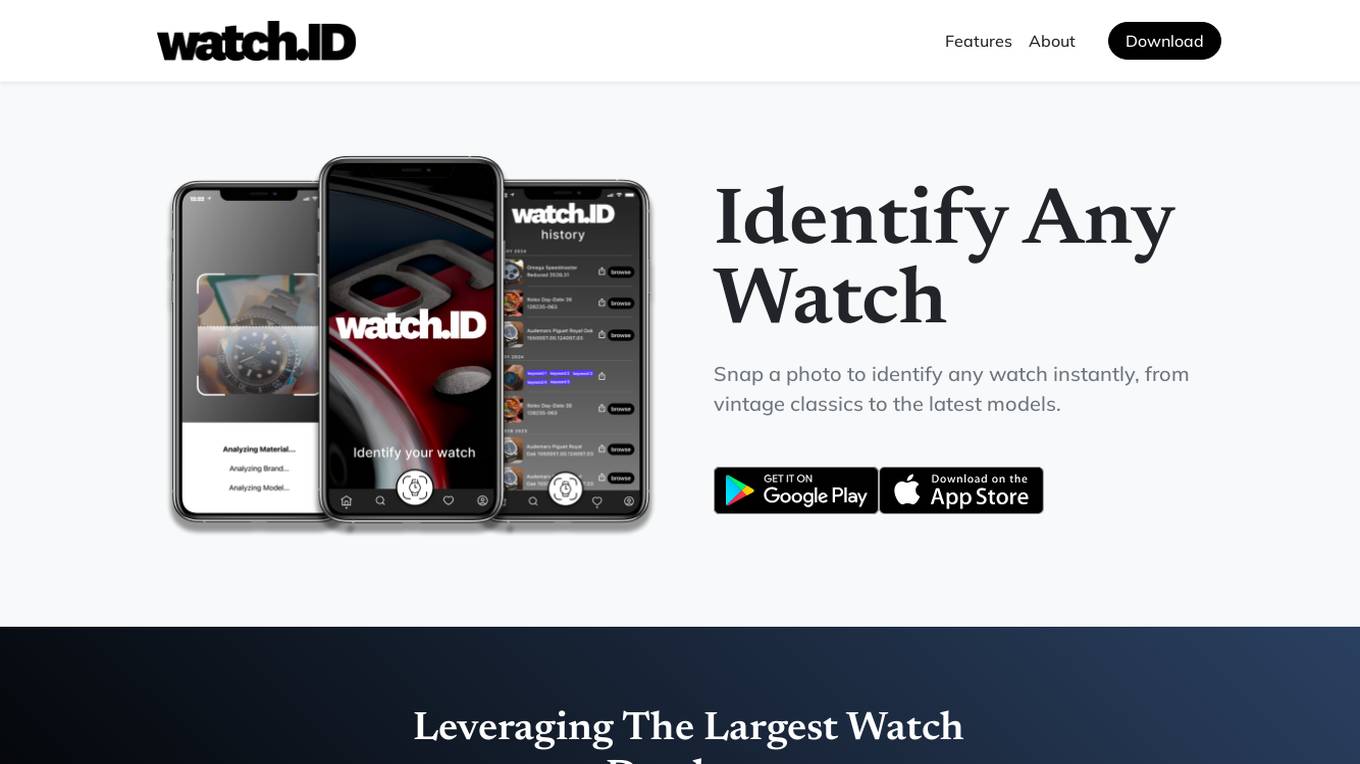
watchID
watchID is an AI-powered tool that allows users to identify any watch instantly by simply snapping a photo. It leverages the largest watch database to provide comprehensive information about the watch, including its story, reference number, and where to acquire it. watchID also offers a marketplace where users can browse and purchase watches from various sellers. Additionally, it fosters a community of watch enthusiasts where users can share discoveries, get insights, and connect with fellow enthusiasts.
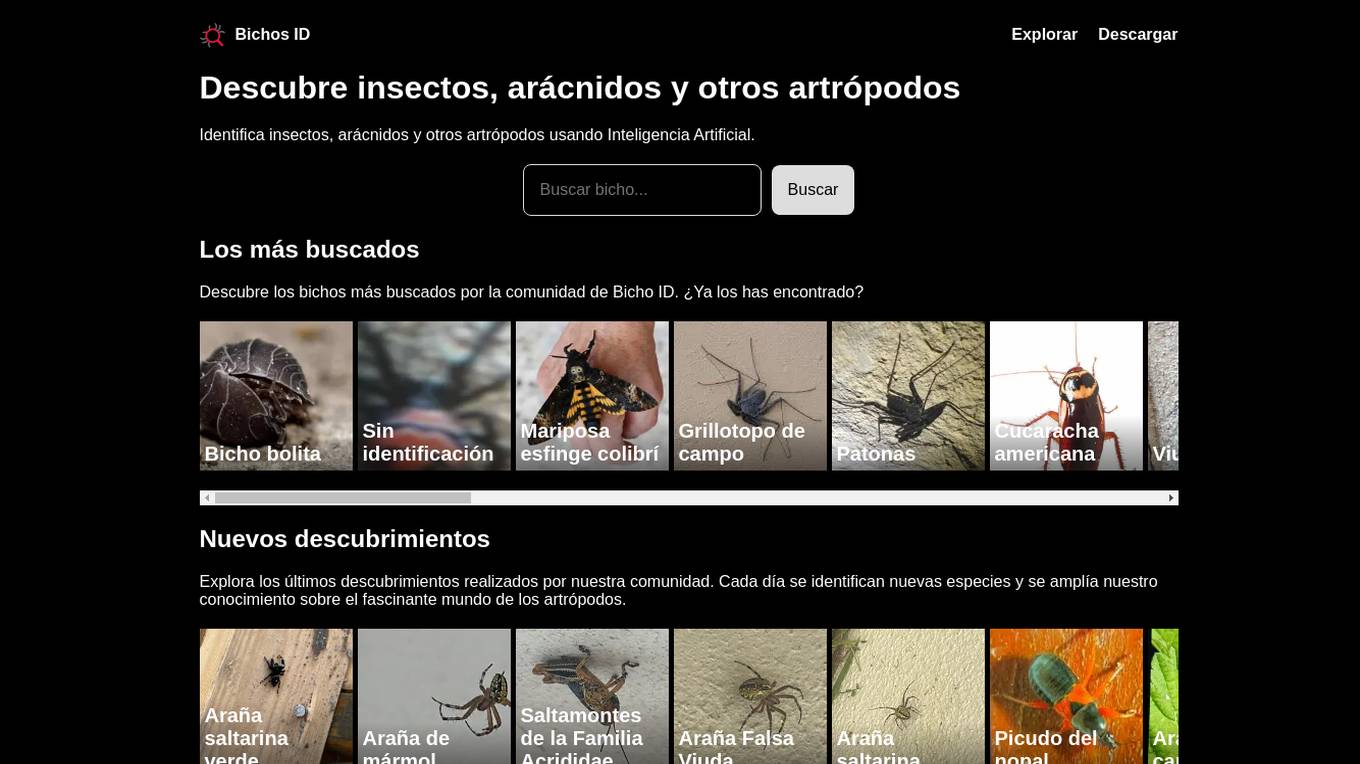
Bichos ID de Fucesa
Bichos ID de Fucesa is an AI tool that allows users to explore and identify insects, arachnids, and other arthropods using artificial intelligence. Users can discover the most searched bugs, explore new discoveries made by the community, and view curated organisms. The platform aims to expand knowledge about the fascinating world of arthropods through AI-powered identification.
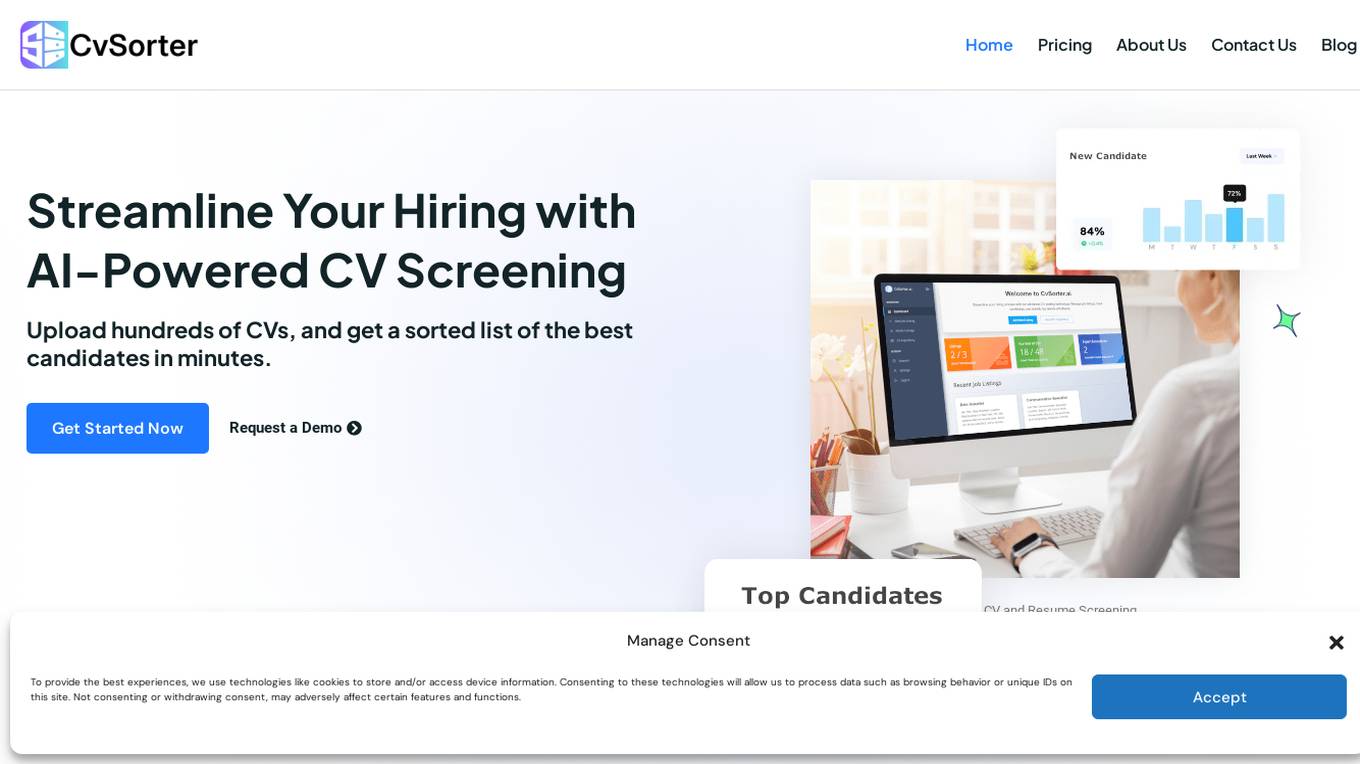
CvSorter
CvSorter is an AI-powered CV and resume screening tool that streamlines the hiring process by automating screening, improving accuracy, and saving time. It allows users to upload job descriptions and candidate CVs to identify top talent efficiently. With customizable criteria and detailed reporting, CvSorter enhances recruitment workflow by focusing on identifying the best candidates quickly and accurately.
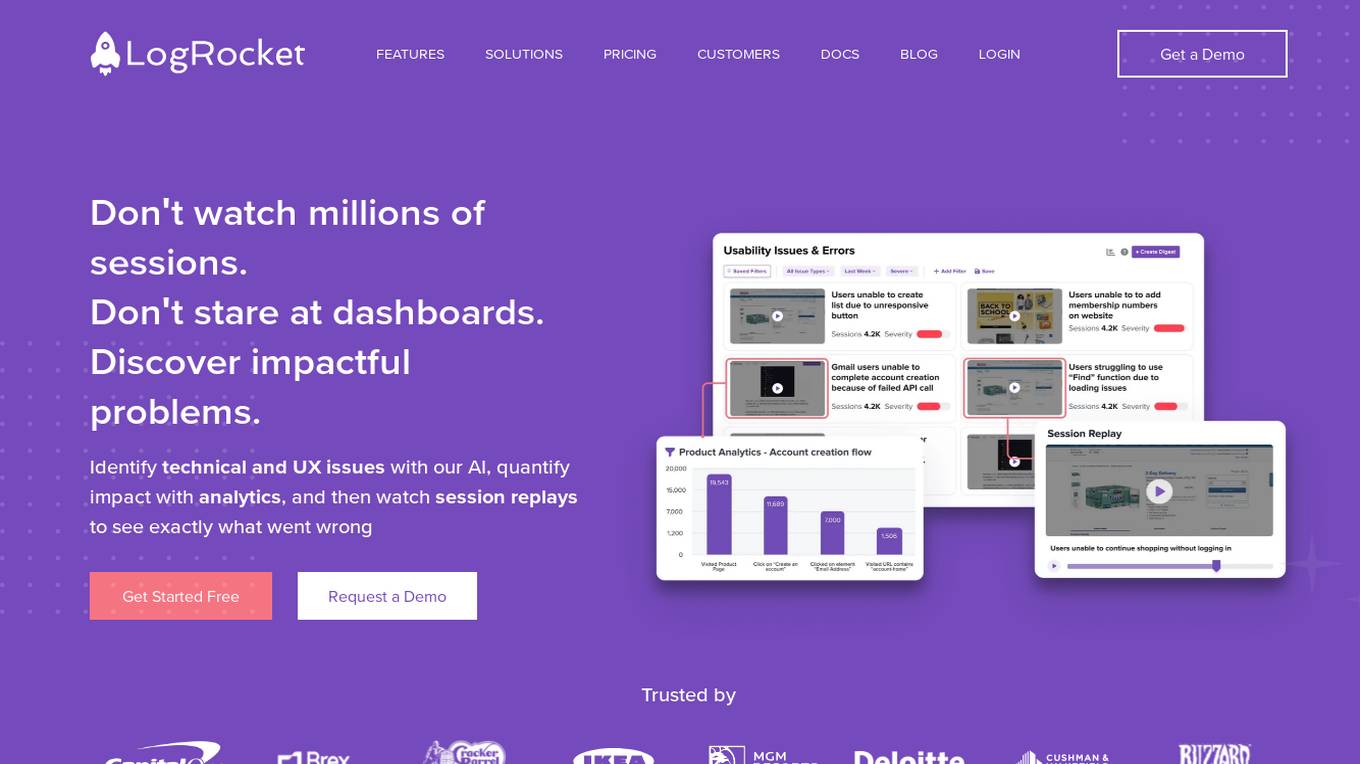
LogRocket
LogRocket is a session replay, product analytics, and issue detection platform that helps software teams deliver the best web and mobile experiences. With LogRocket, you can see exactly what users experienced on your app, as well as DOM playback, console and network logs, errors, and performance data. You can also surface the most impactful user issues with JavaScript errors, network errors, stack traces, automatic triaging, and alerting. LogRocket also provides product analytics to help you understand how users are interacting with your app, and UX analytics to help you visualize how users experience your app at both the individual and aggregate level.
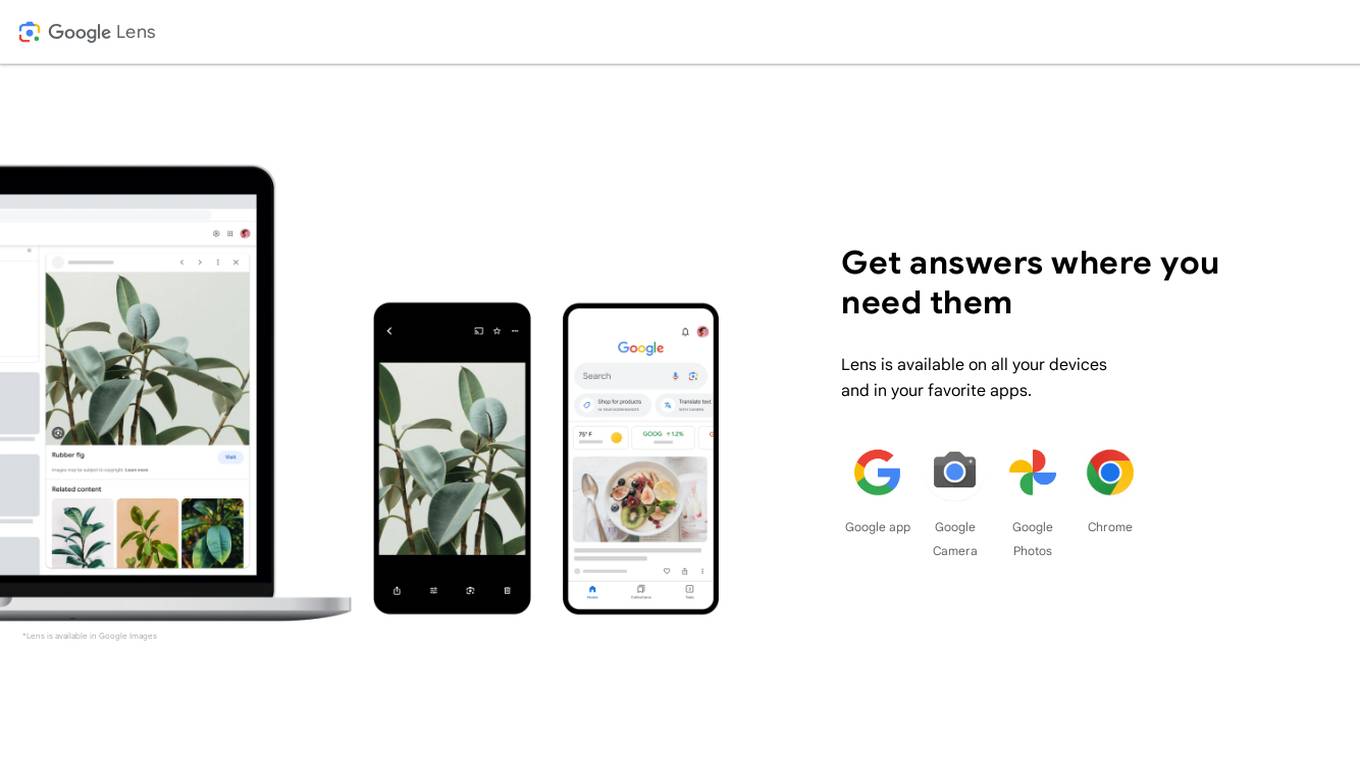
Google Lens
Google Lens is an AI-powered visual search tool developed by Google that allows users to search, shop, translate, and identify objects using their camera or images. With Google Lens, users can find similar clothes, furniture, and home decor, translate text in real-time from over 100 languages, get step-by-step homework help for various subjects, and identify plants and animals. The application is available on all devices and in various Google apps, making it convenient for users to access its features anytime, anywhere.

Google Lens
The website is an AI tool called Google Lens that allows users to search, discover, and explore the world around them using AI-powered technology. Users can identify plants, search for information, shop, translate text, find songs, and more by simply using their camera or voice. Google Lens provides detailed overviews, helps with homework, and offers a unique way to interact with the environment through augmented reality. With 25 years of search history, Google Lens continues to innovate and inspire users worldwide.
0 - Open Source AI Tools
20 - OpenAI Gpts
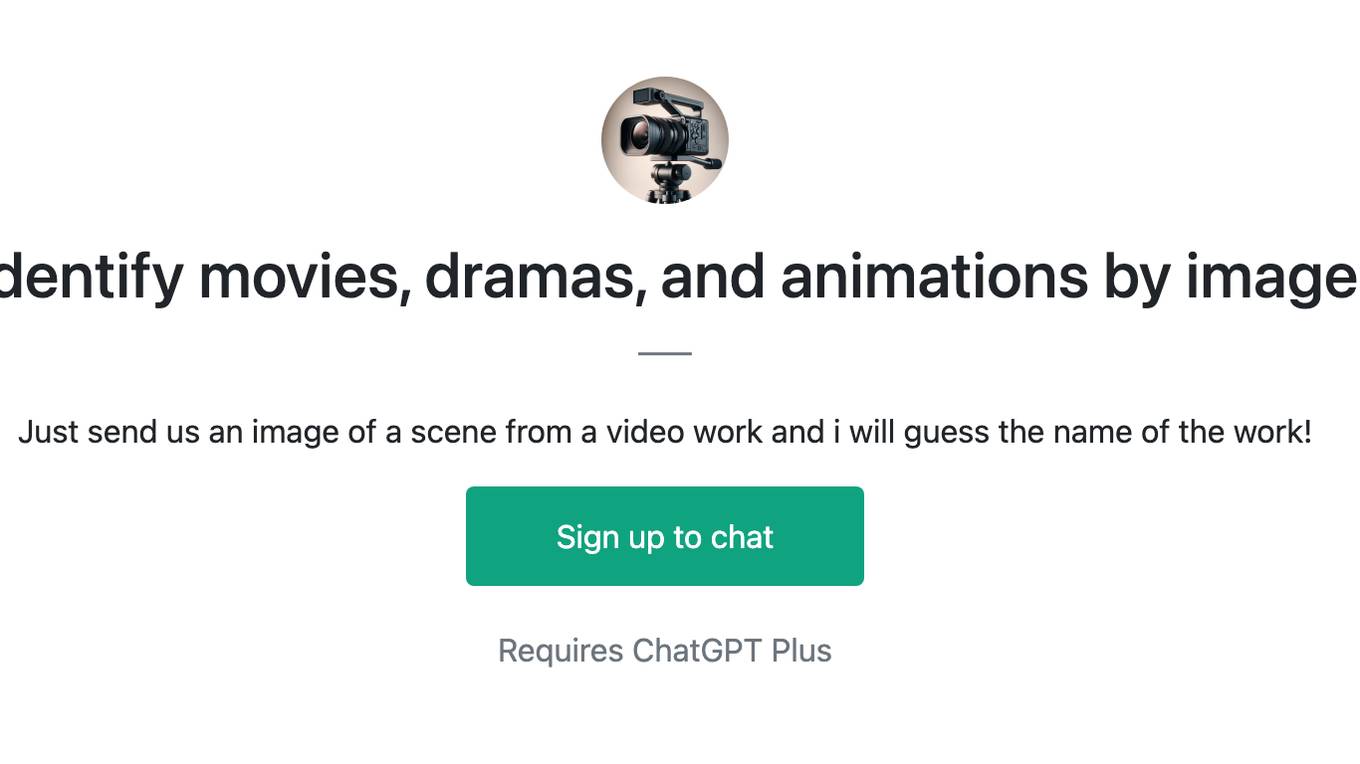
Identify movies, dramas, and animations by image
Just send us an image of a scene from a video work and i will guess the name of the work!
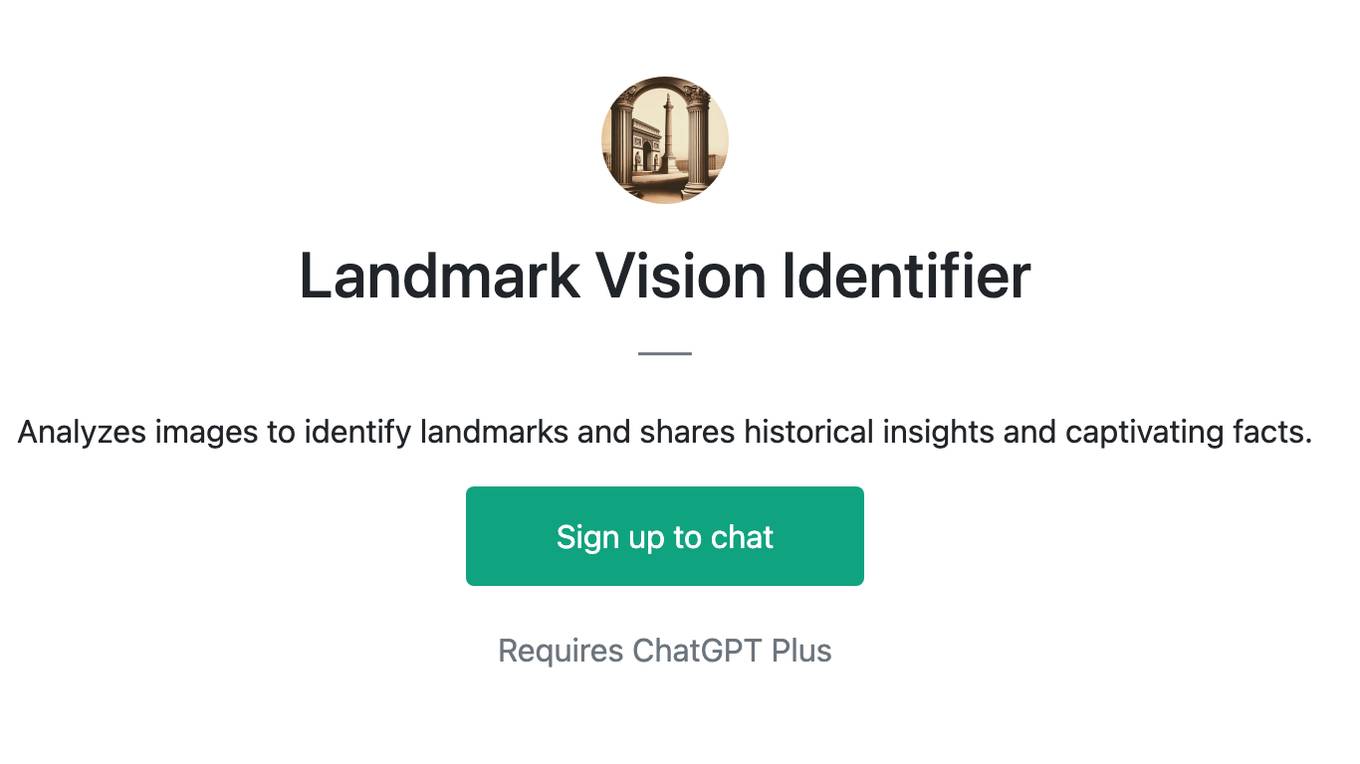
Landmark Vision Identifier
Analyzes images to identify landmarks and shares historical insights and captivating facts.
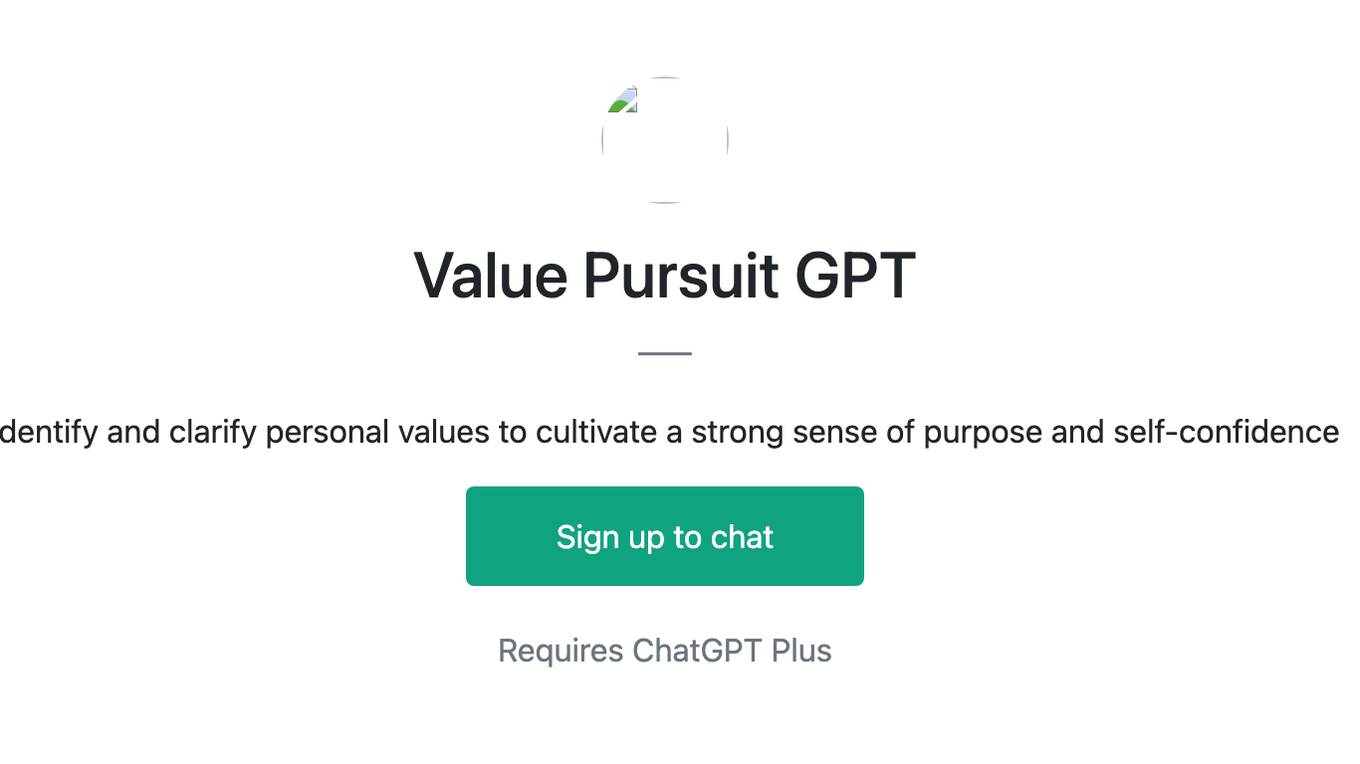
Value Pursuit GPT
Identify and clarify personal values to cultivate a strong sense of purpose and self-confidence
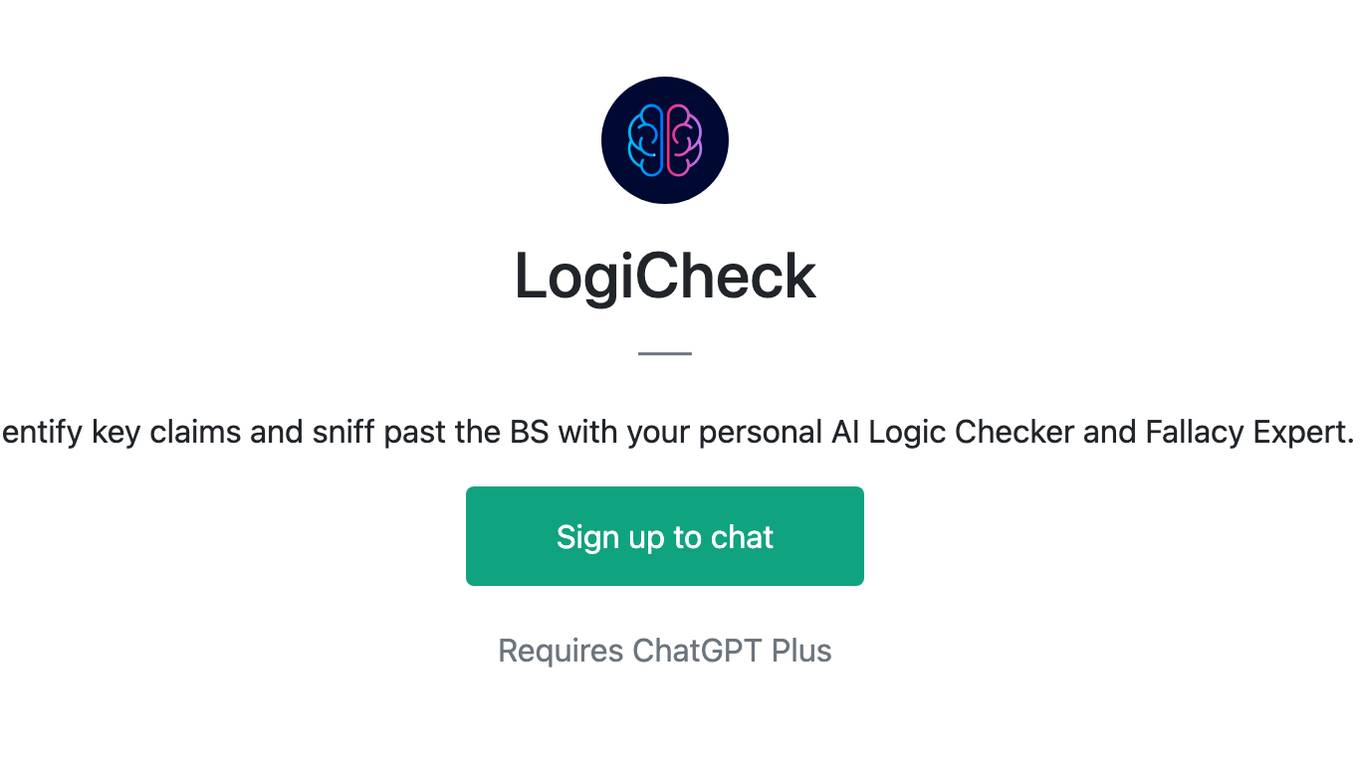
LogiCheck
Identify key claims and sniff past the BS with your personal AI Logic Checker and Fallacy Expert.

What's Wrong with My Plant?
I confidently identify plants from photos, diagnose issues, and offer advice.
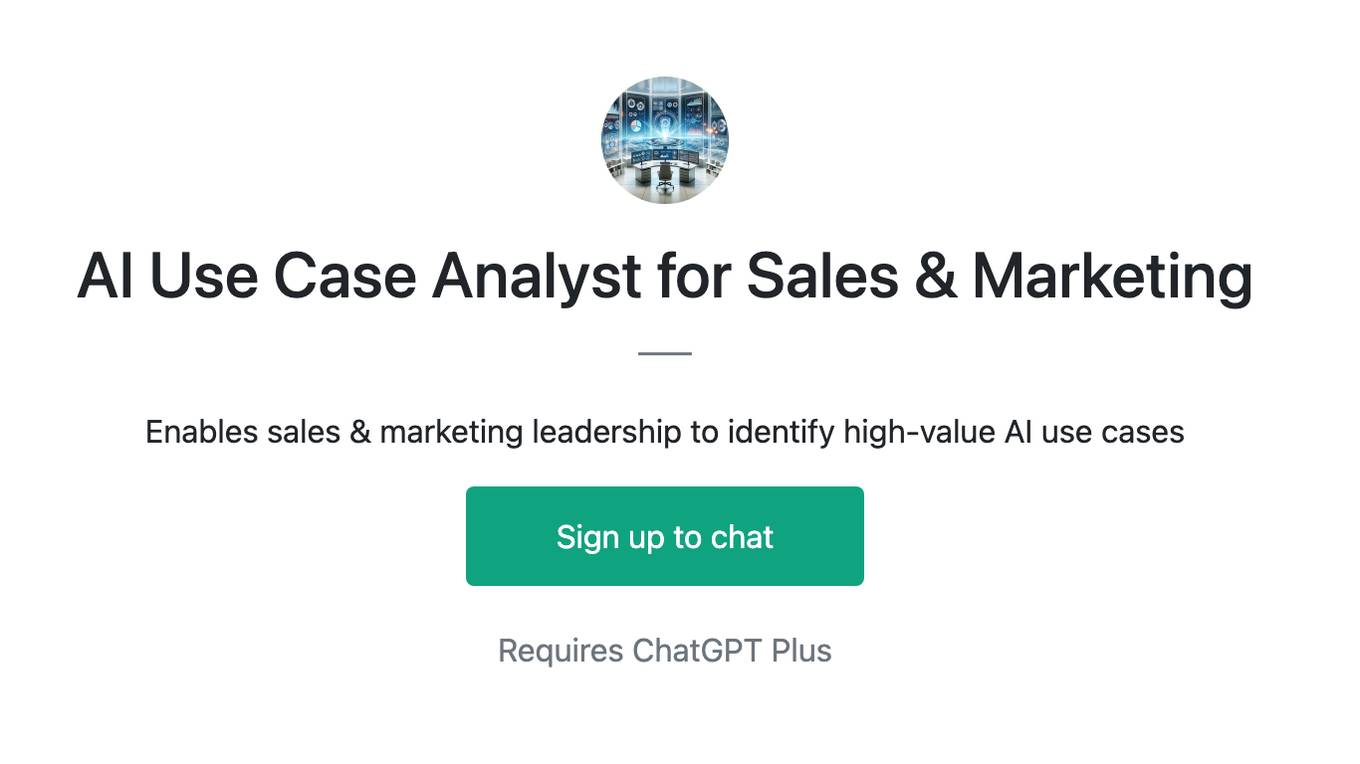
AI Use Case Analyst for Sales & Marketing
Enables sales & marketing leadership to identify high-value AI use cases
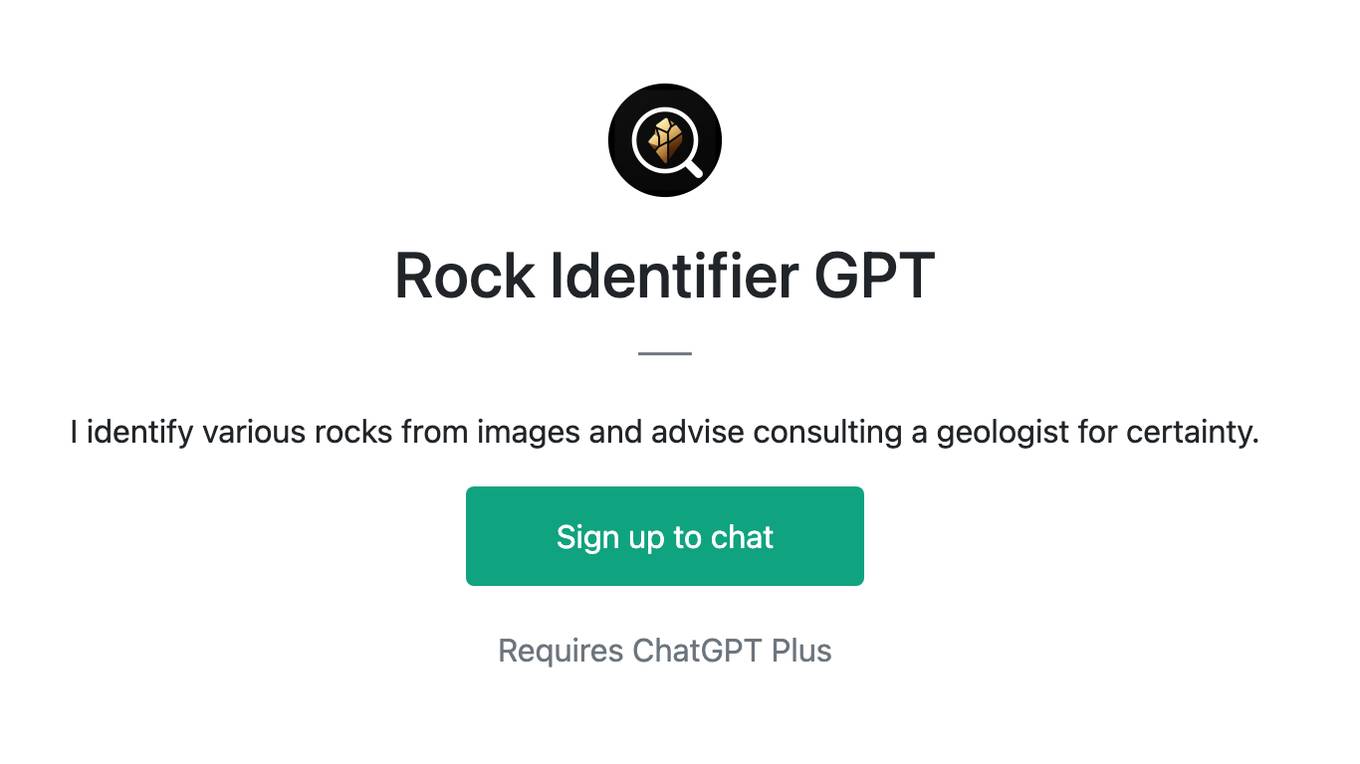
Rock Identifier GPT
I identify various rocks from images and advise consulting a geologist for certainty.
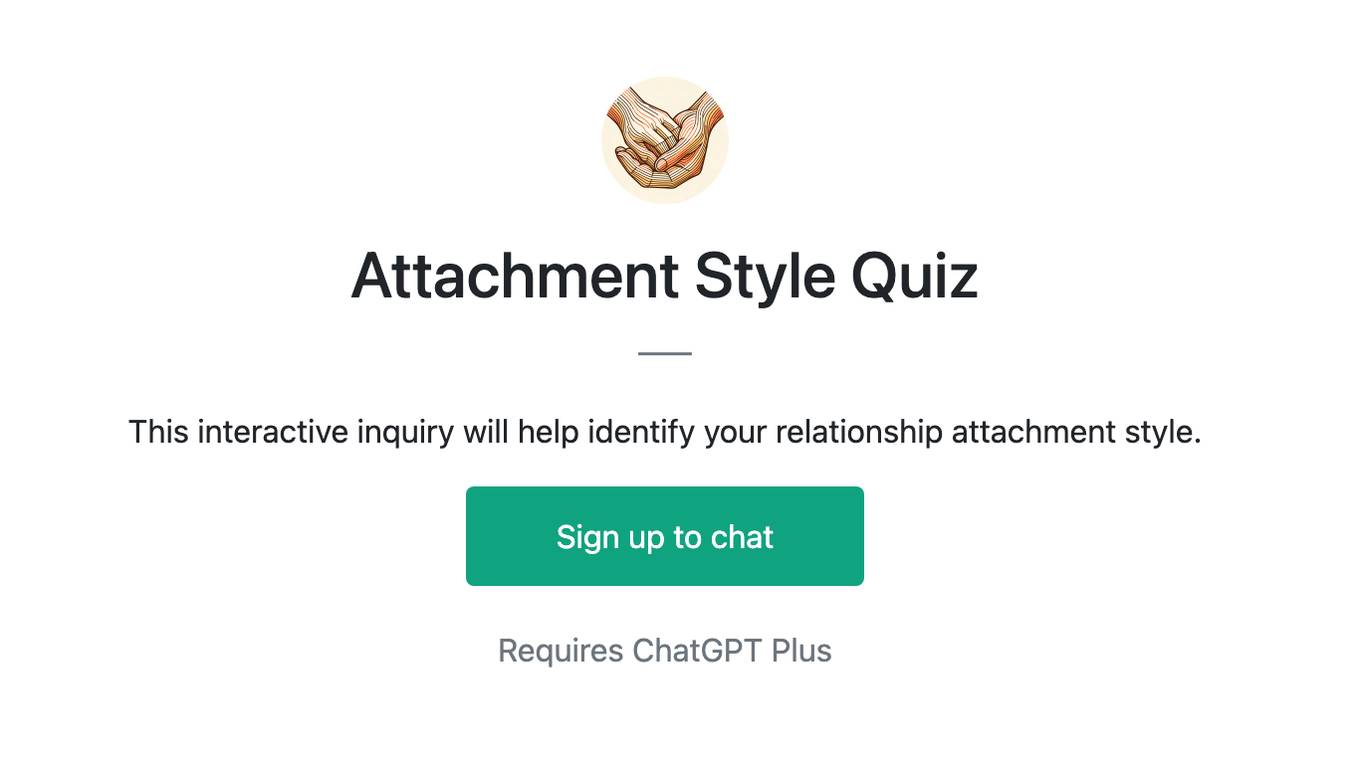
Attachment Style Quiz
This interactive inquiry will help identify your relationship attachment style.
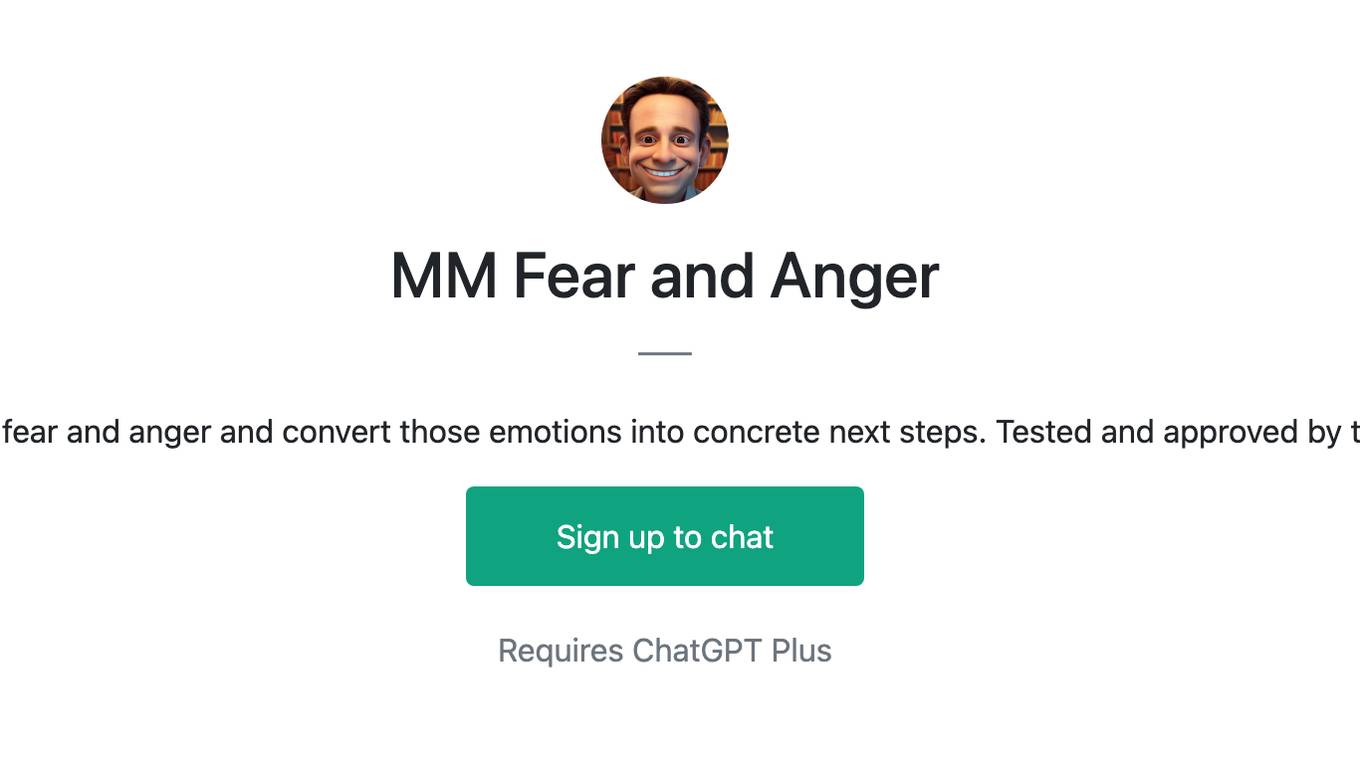
MM Fear and Anger
Identify your sources of fear and anger and convert those emotions into concrete next steps. Tested and approved by the real Matt Mochary!
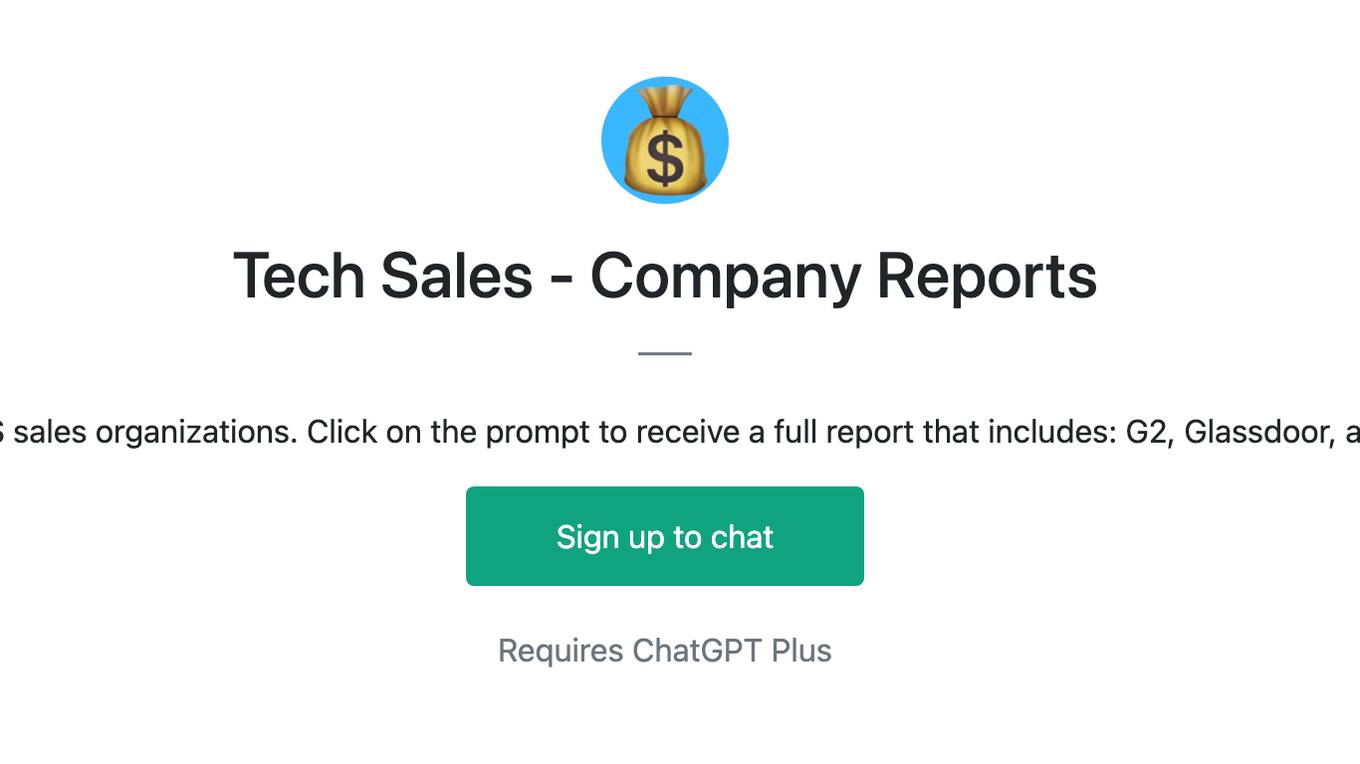
Tech Sales - Company Reports
Identify the best SaaS sales organizations. Click on the prompt to receive a full report that includes: G2, Glassdoor, and Repvue reviews.
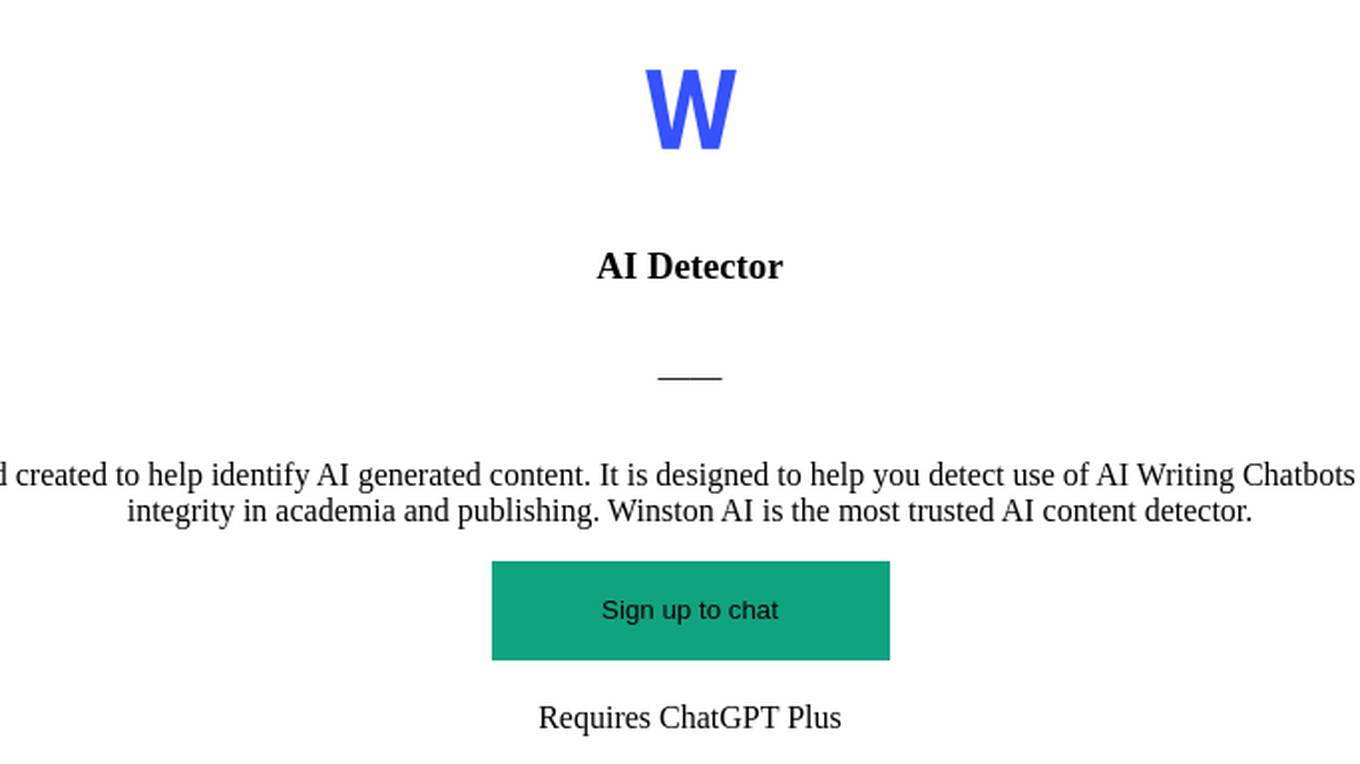
AI Detector
AI Detector GPT is powered by Winston AI and created to help identify AI generated content. It is designed to help you detect use of AI Writing Chatbots such as ChatGPT, Claude and Bard and maintain integrity in academia and publishing. Winston AI is the most trusted AI content detector.
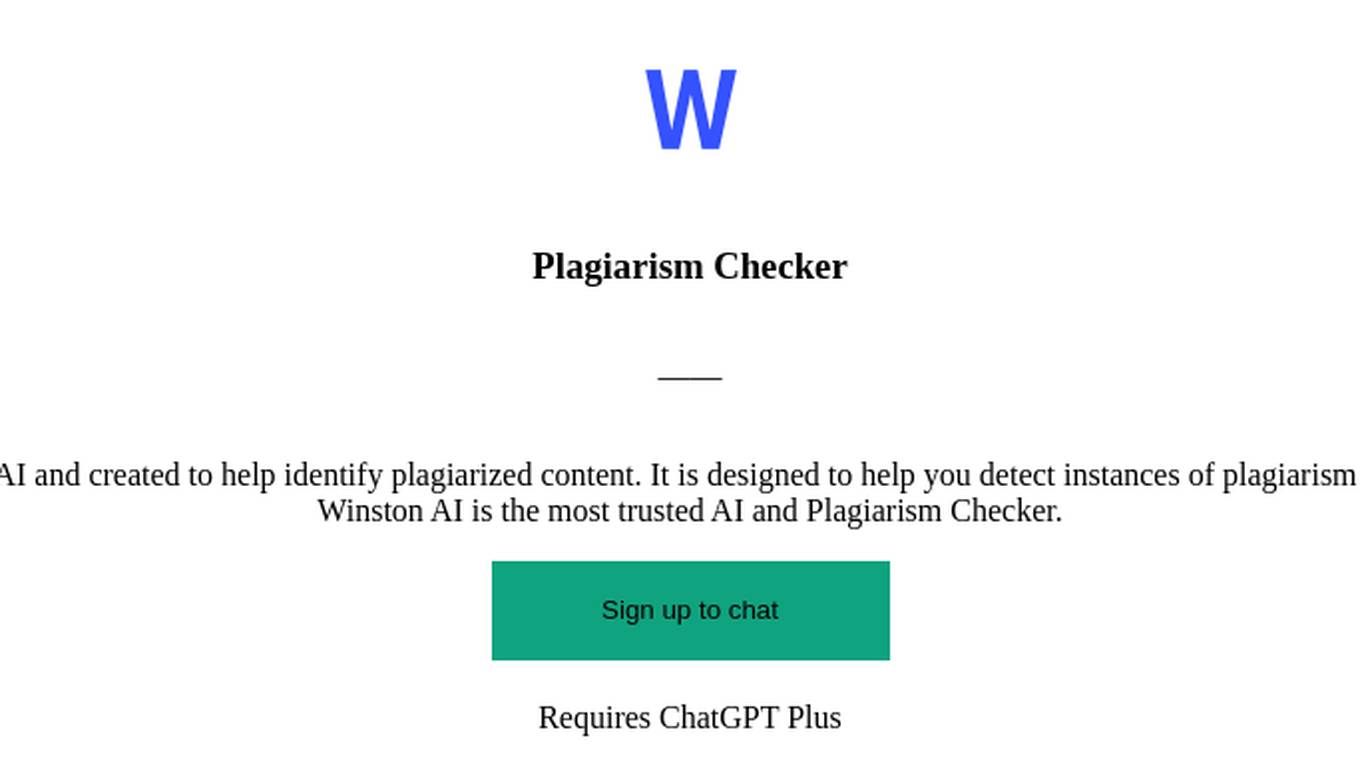
Plagiarism Checker
Plagiarism Checker GPT is powered by Winston AI and created to help identify plagiarized content. It is designed to help you detect instances of plagiarism and maintain integrity in academia and publishing. Winston AI is the most trusted AI and Plagiarism Checker.
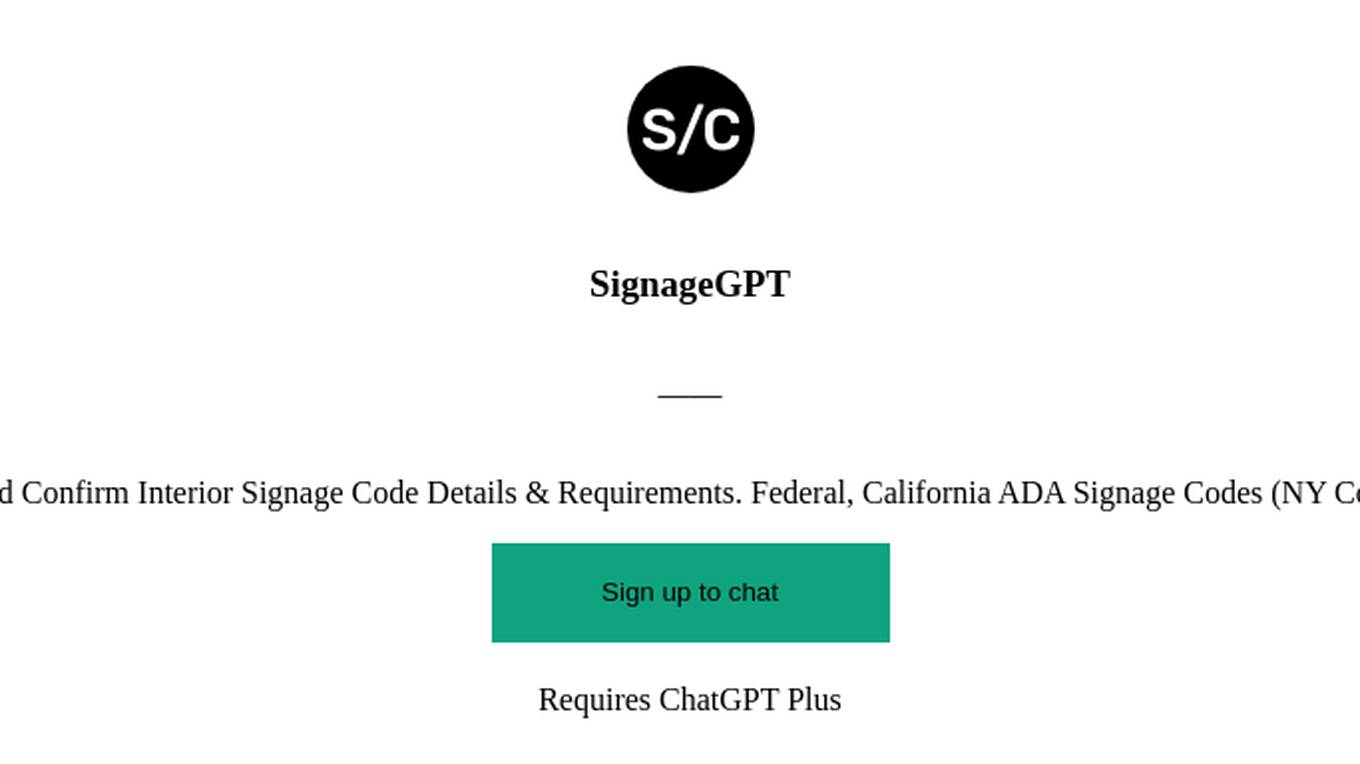
SignageGPT
Identify and Confirm Interior Signage Code Details & Requirements. Federal, California ADA Signage Codes (NY Coming Soon)
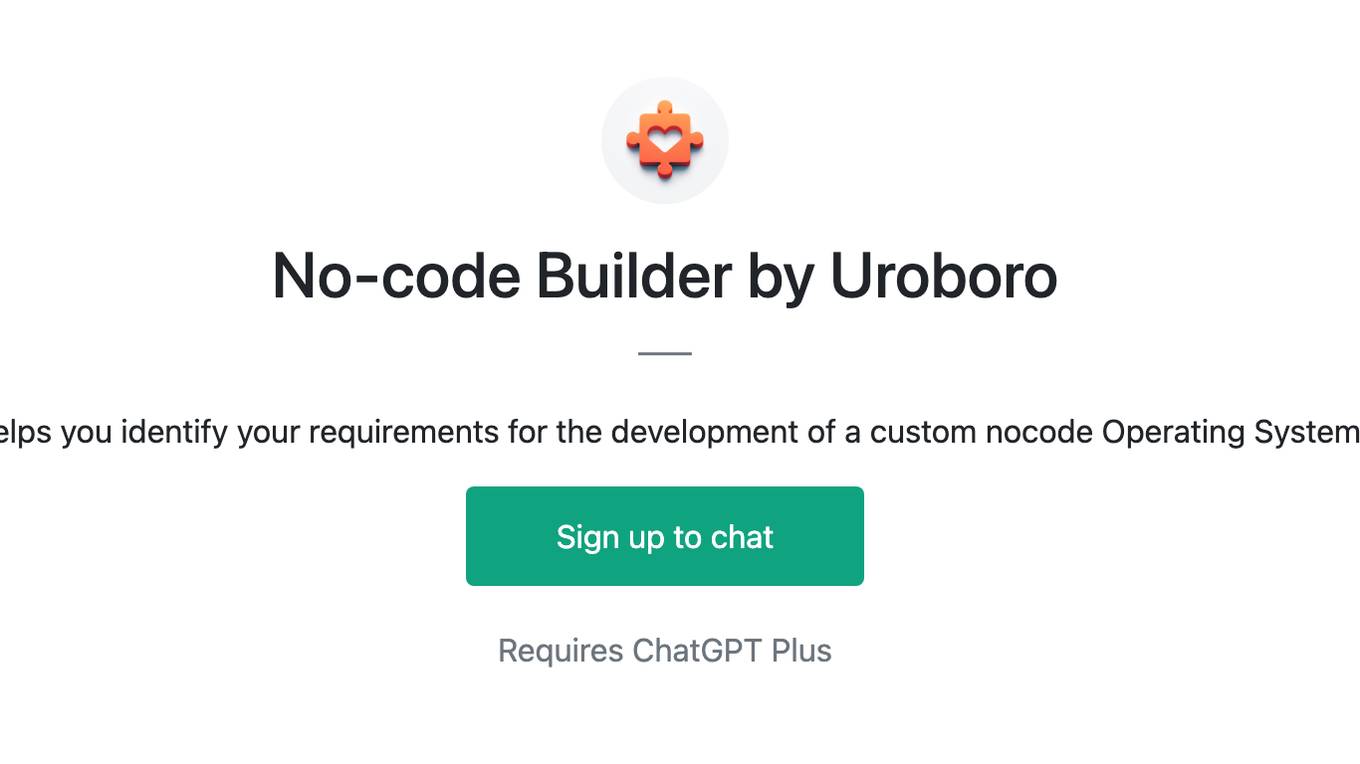
No-code Builder by Uroboro
Helps you identify your requirements for the development of a custom nocode Operating System
